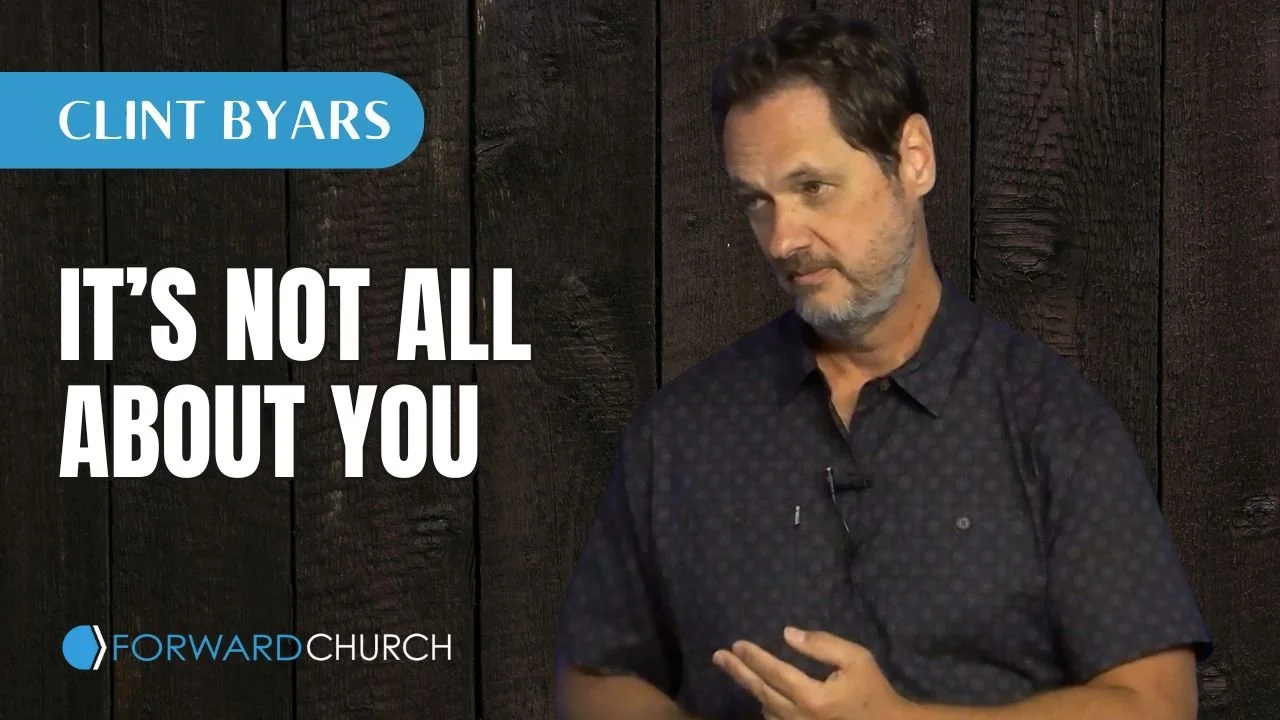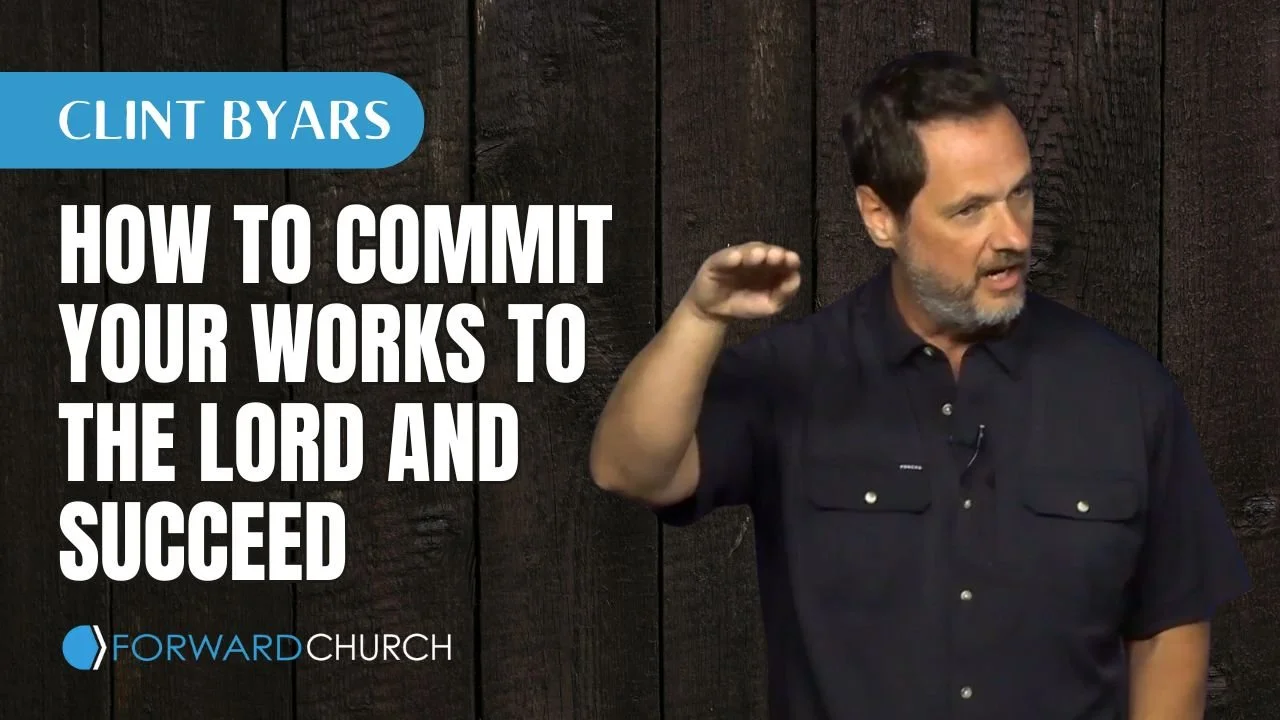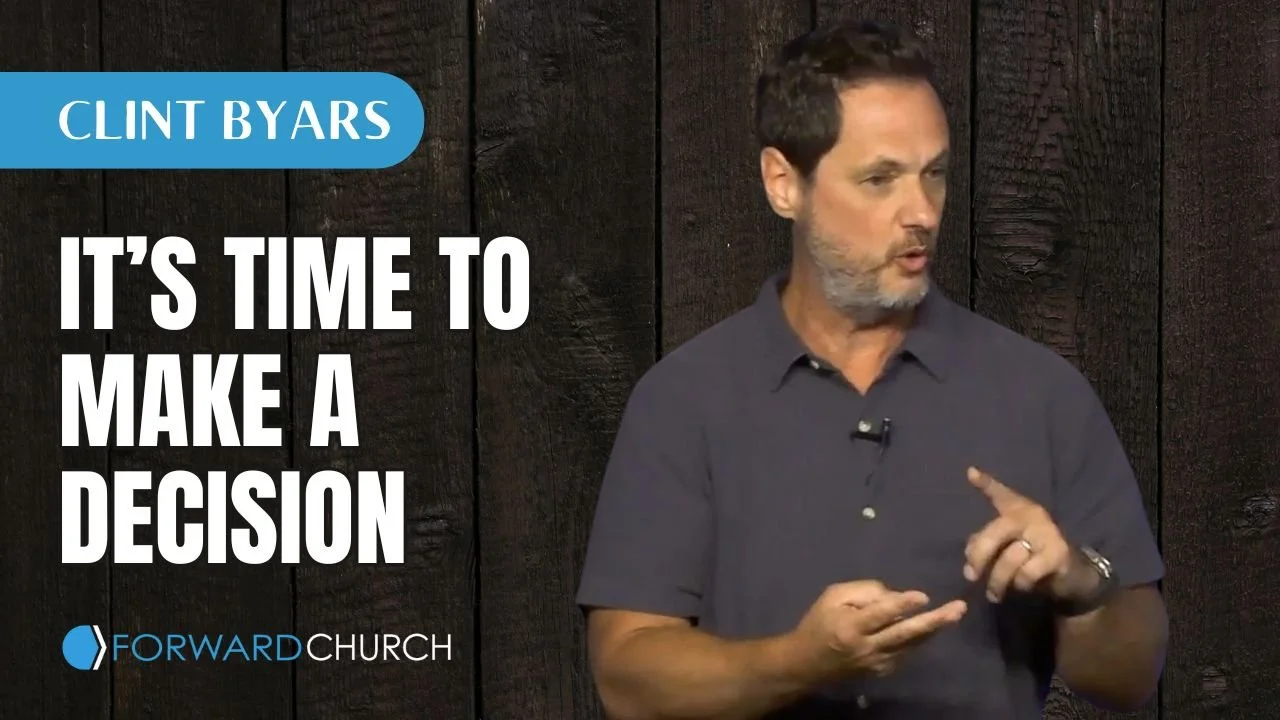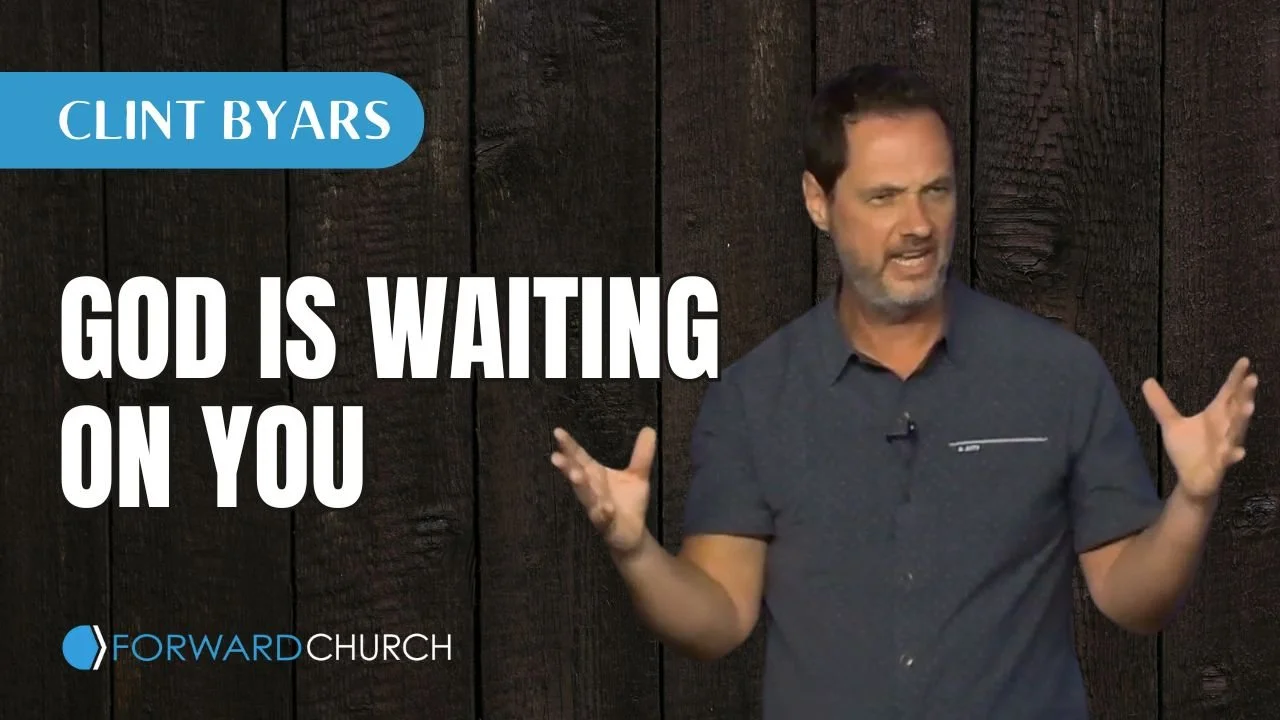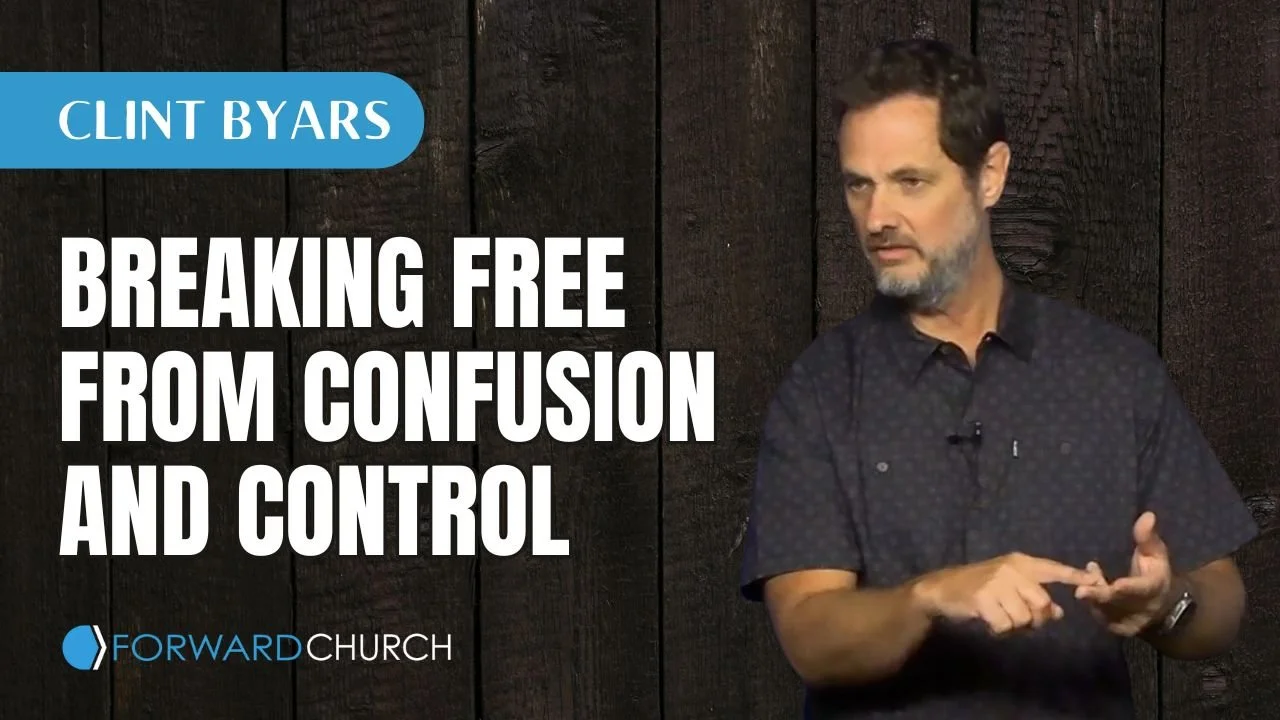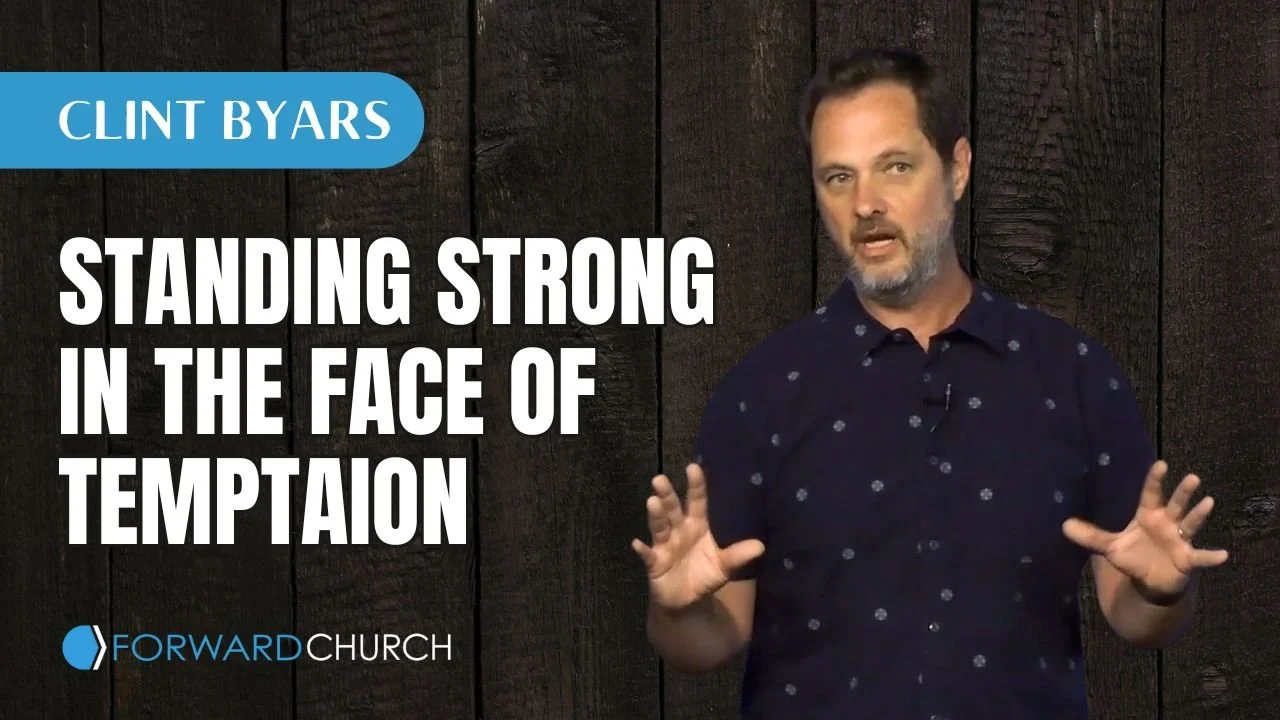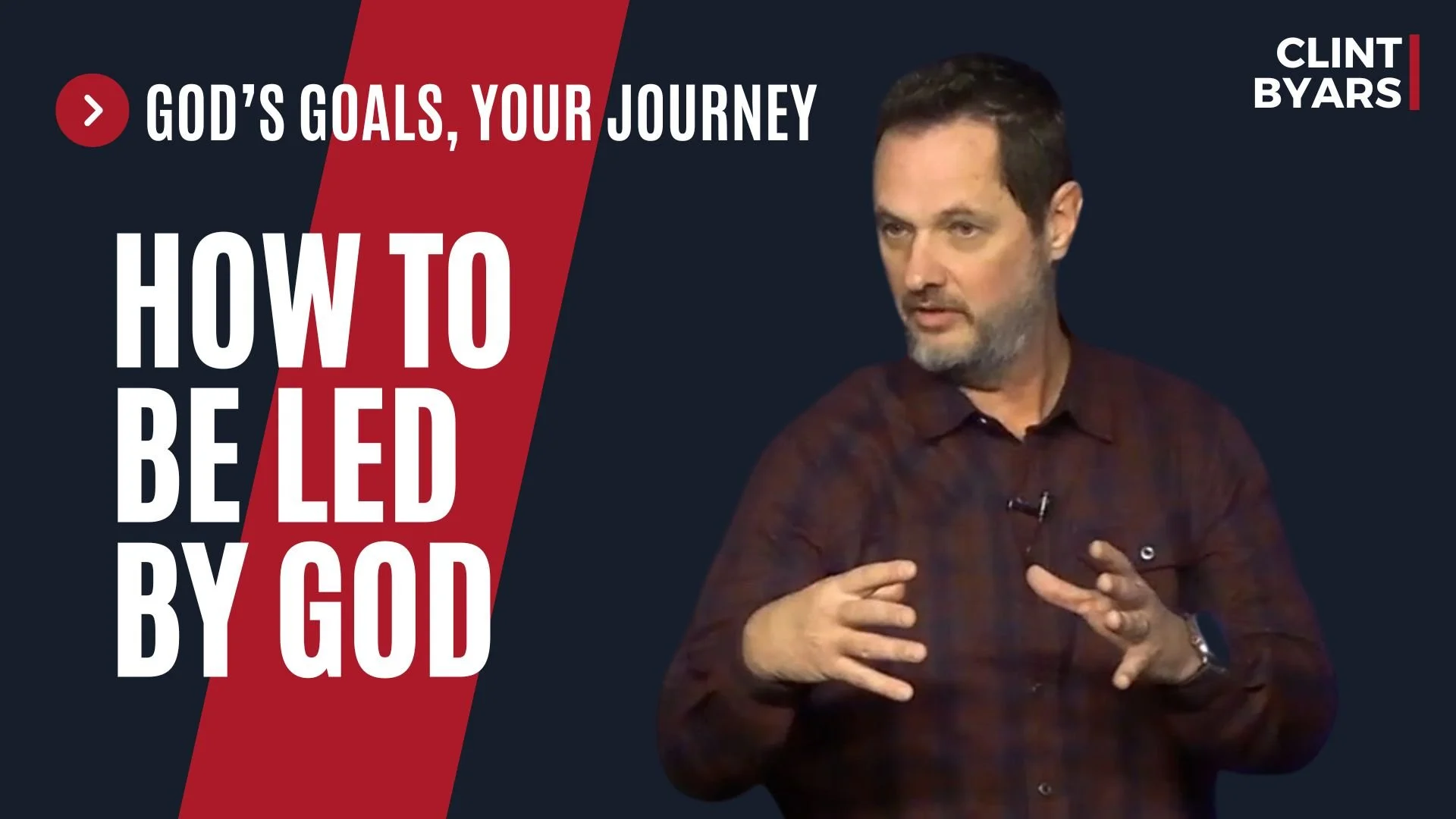To understand a letter or a book, it’s best to read the whole thing, especially when it comes to the Bible. It’s important to know how an author defines certain words and who he is speaking to. Take this verse for example…
For if we go on sinning deliberately after receiving the knowledge of the truth, there no longer remains a sacrifice for sins, but a fearful expectation of judgment, and a fury of fire that will consume the adversaries. Hebrews 10:26-27
Do you know what he means by “if we go on sinning deliberately?” Most folks will say “it’s obvious, he’s talking about adultery, drunkenness, immorality and sexual sin.” Except he isn’t. Let me explain.
Click to watch the whole series on YouTube
AUDIENCE
The author of Hebrews is speaking to a group of Christians who know the Mosaic Covenant and have placed their faith in Jesus as the Messiah. We know this because…
He references the Levitical priesthood and its details regarding atonement as if they understand what he’s talking about.
He repeatedly quotes the Psalms and the Prophets in areas regarding the history of the Hebrews as if they know them.
He frames his entire point around the nation of Israel’s experience in the wilderness as if it's their own history.
We're left with the conclusion that he's writing to Hebrew Christians.
THE CASE FOR JESUS
The author gives an overview of the importance of the law, the covenant with Israel and its sacrifices for his Hebrew listeners, to show that he knows what he’s talking about. He goes to great extent to explain that scripture points to Jesus as the prophesied one, the son of God through which salvation comes.
It seems he's seeking to remind them that there is no salvation other than faith in Christ and how even the former covenant testified of a new covenant put in place by the Messiah.
DEFINING SIN
Fortunately, the author is very clear about his definition of sin, here's his progression or his exegesis…
He makes it clear from Hebrew writings that Jesus is God.
He makes it clear that Jesus is their sacrifice for sin and the only way to receive righteousness.
He warns against falling away from faith in Jesus.
He compares the Hebrew’s disobedience in the wilderness to falling away from faith in Jesus.
He defines this disobedience as an unbelieving heart.
He again warns against an unbelieving heart toward Jesus.
I encourage you to read through Hebrews, noticing this progression.
In that day and age, Christians were being brutally tortured and killed for their faith. There was great persecution against Hebrews that left the sacrificial system and placed their trust in the Christ. For some, it was easier to live like a Jew rather than a Christian. It was easier to go back to the old way and abandon the new. The author is reminding them that there is no other way but Christ, hold fast, keep the faith.
Hebrews 3:12 Take care, brothers, lest there be in any of you an evil, unbelieving heart, leading you to fall away from the living God. 13 But exhort one another every day, as long as it is called “today,” that none of you may be hardened by the deceitfulness of sin. 14 For we have come to share in Christ, if indeed we hold our original confidence firm to the end.
For the author of Hebrews, SIN = UNBELIEF, plain and simple. This is important when you get to this passage...
Hebrews 10:26 For if we go on sinning deliberately after receiving the knowledge of the truth, there no longer remains a sacrifice for sins, 27 but a fearful expectation of judgment, and a fury of fire that will consume the adversaries.
In context, he’s warning against disobedience/sin and defines it as drawing away from Jesus, back to animal sacrifices as their righteousness. He warns them to not set aside trust in Christ for their righteousness and likens it to setting aside the Law when they were under it.
This is not a warning to Christians about losing their salvation through willful sinful actions, this is a warning to Christians who are willingly rejecting Jesus as their righteousness and are returning to animal sacrifices as their righteousness.
Look at it this way, imagine walking up to God with a dead goat and saying, "this is my righteousness." He would kindly remind you that he gave you Jesus, which is a much better sacrifice, able to cleanse you eternally in a way that no animal sacrifice could. And you say, "I don't want him anymore, I reject his blood and want you to accept me based on this goats blood." Do you see how offensive that would be to God? That's profaning the blood of Christ, that's drawing away, that's an evil heart of unbelief, and THAT is the willful sin the author of Hebrews is talking about.
Because we don’t have a temple nearby and we don’t have hundreds of years of offering animal sacrifices for atonement in our culture, we miss the gravity of rejecting Jesus and returning to the blood of goats and bulls for atonement. An honest read on Hebrews leaves you with one conclusion, don’t reject Jesus, to do so is willful sin and there’s nothing left but judgment for you if you do so.
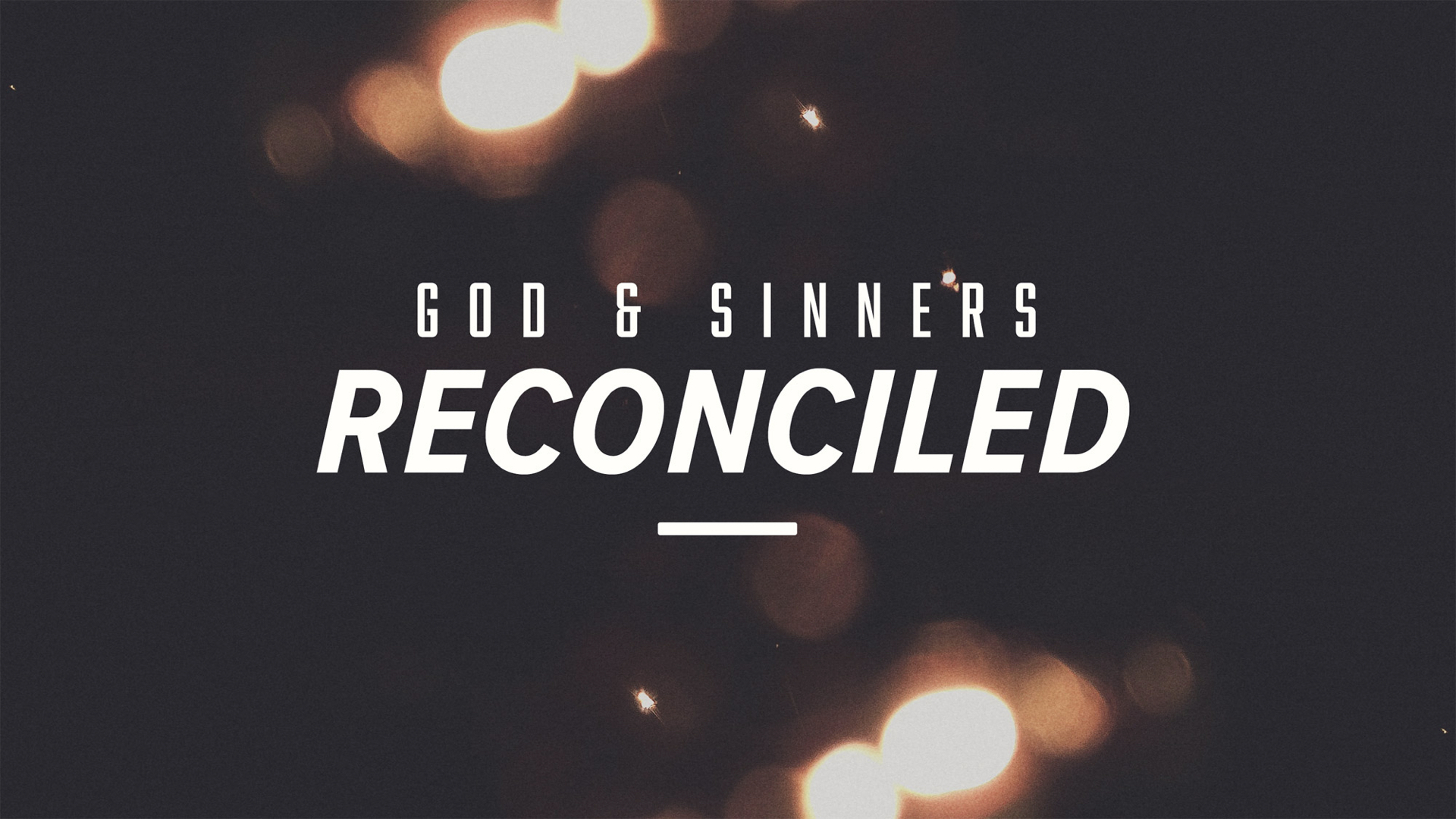
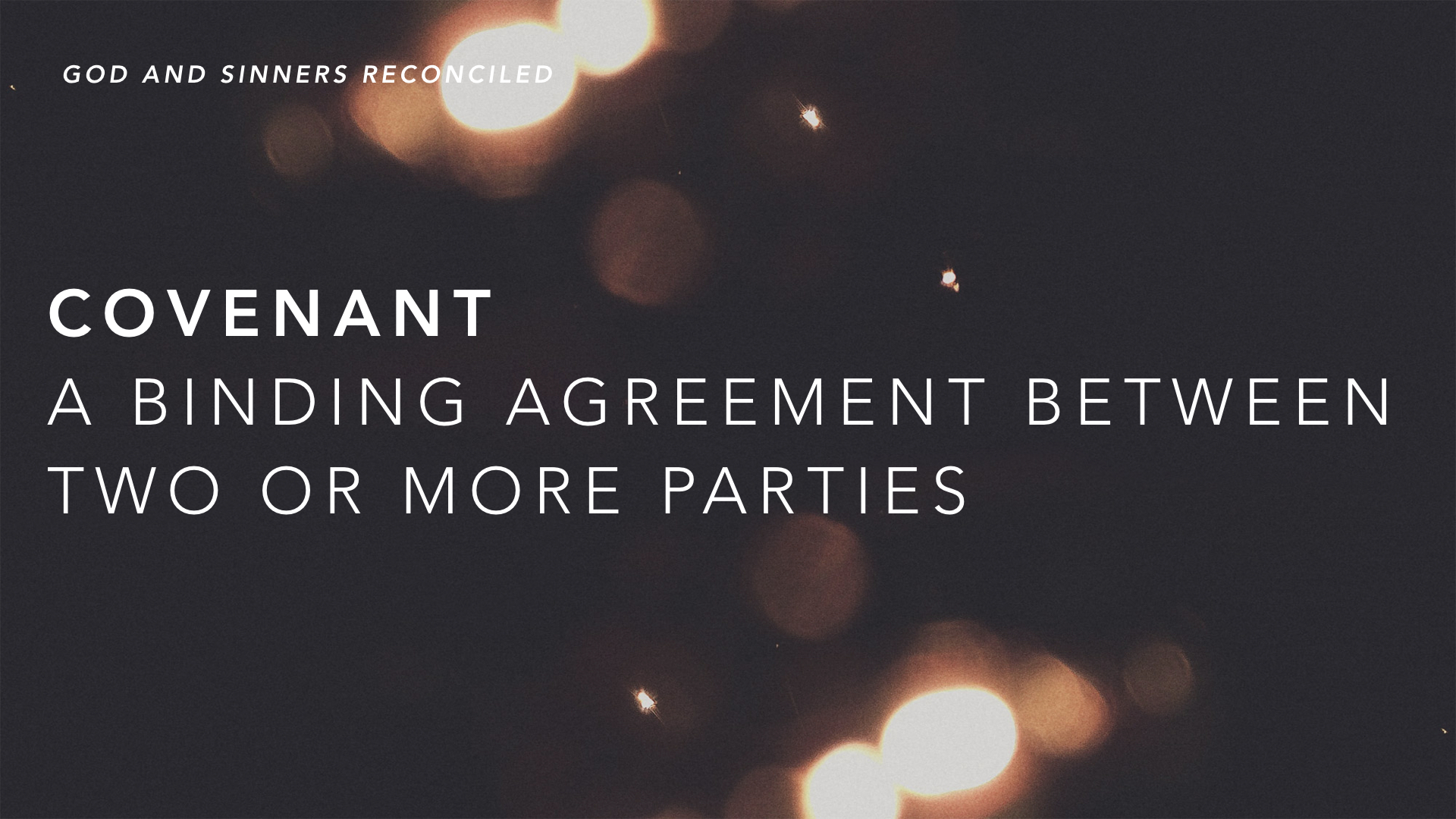
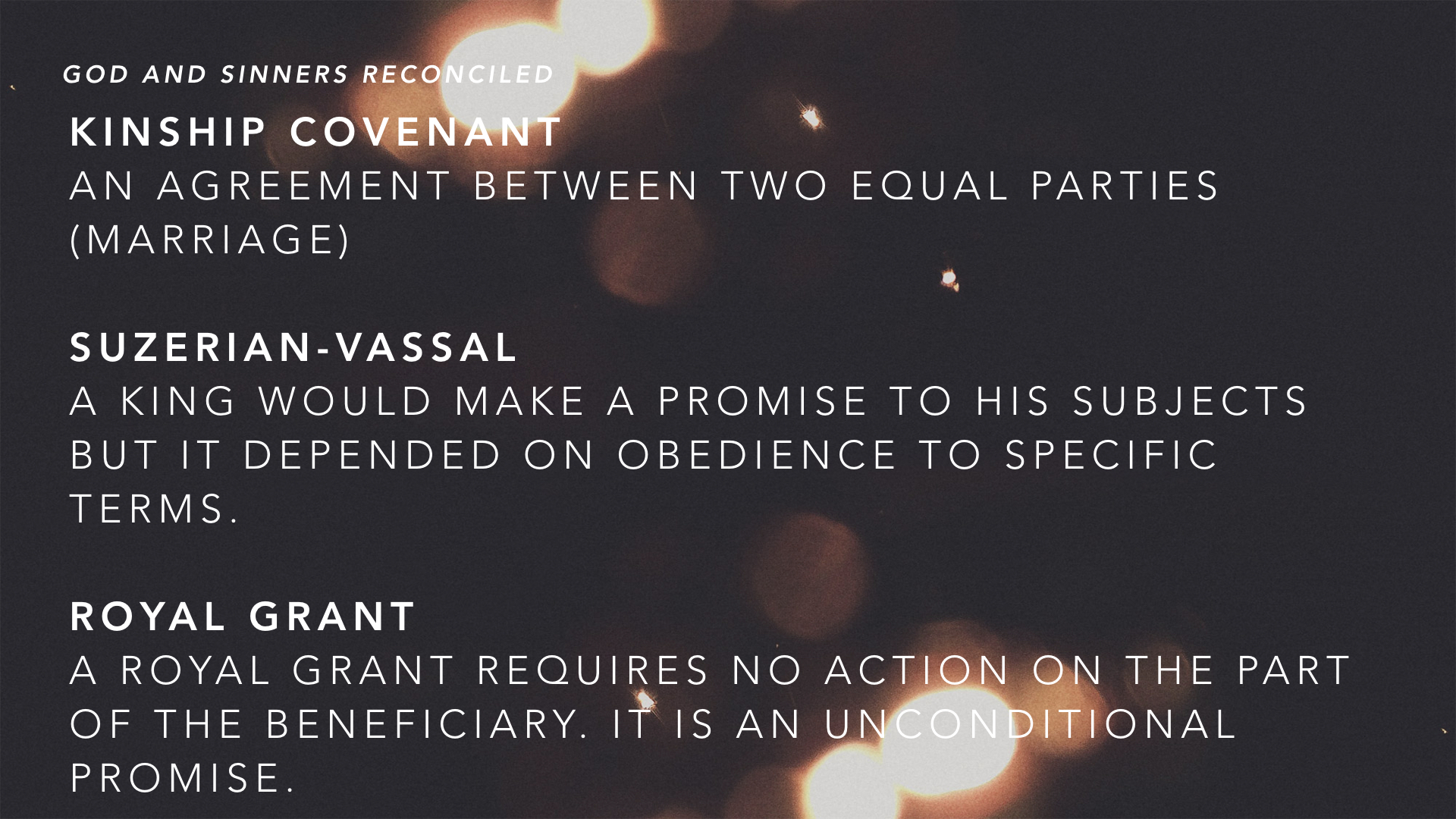
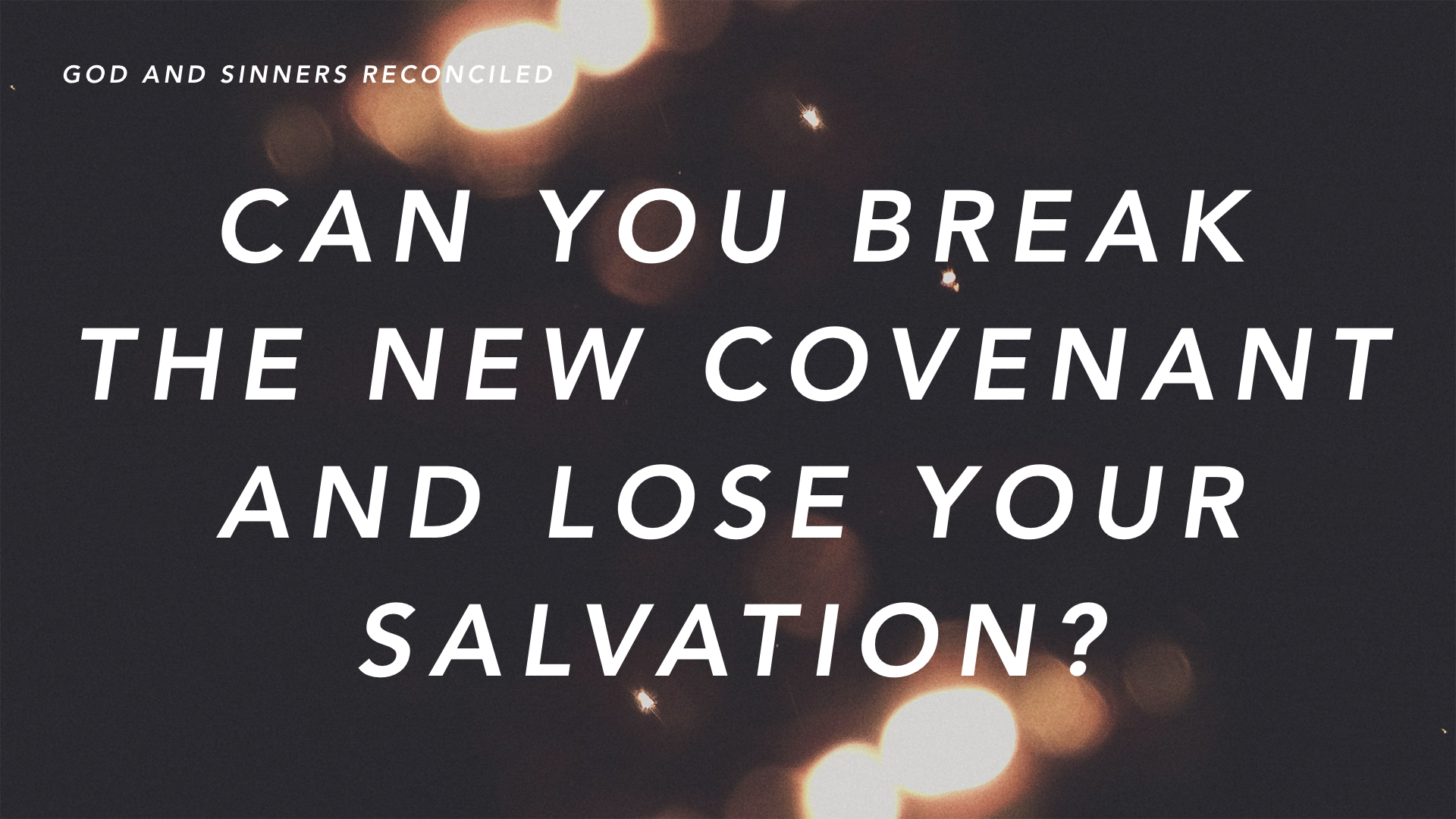
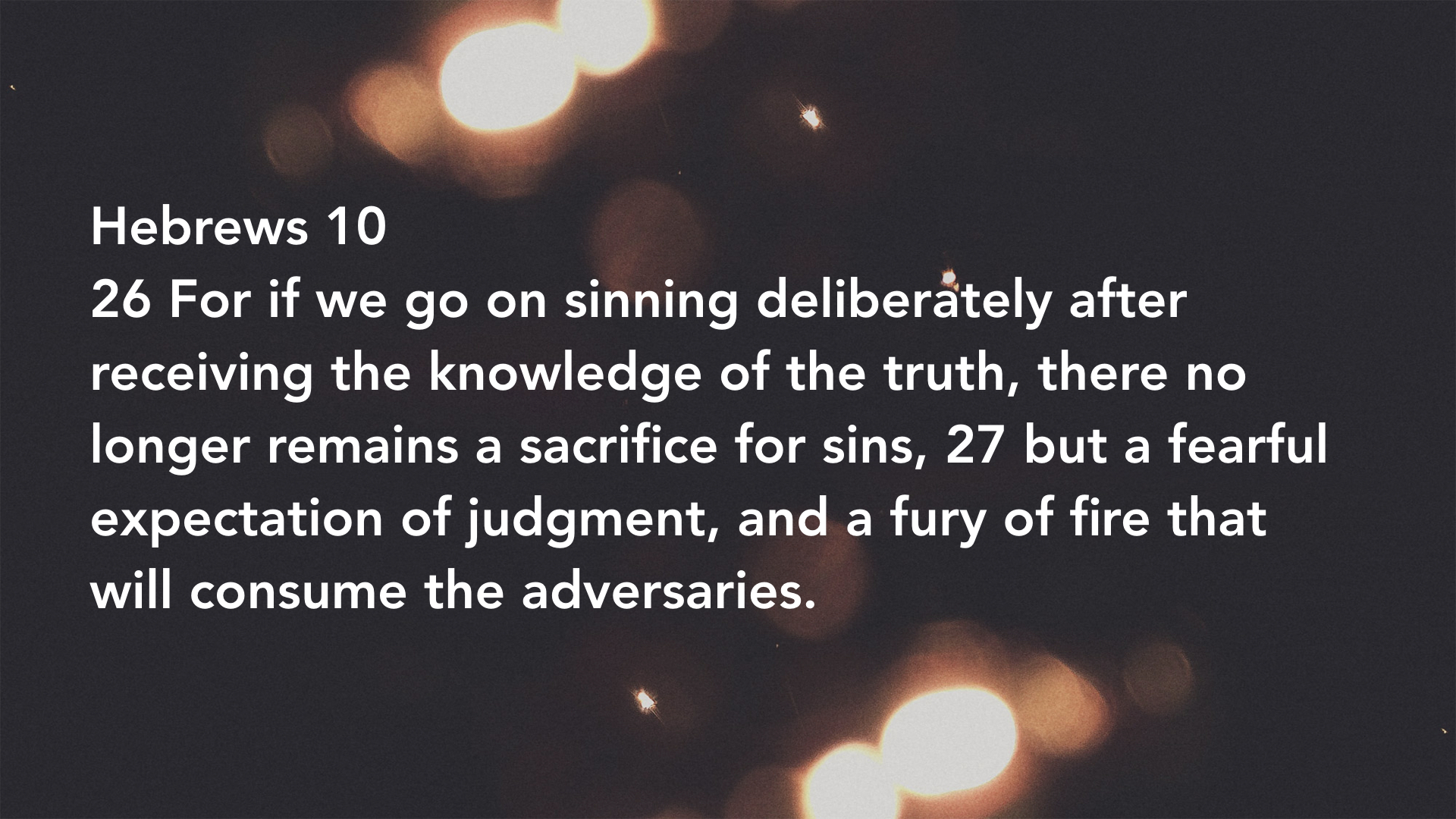
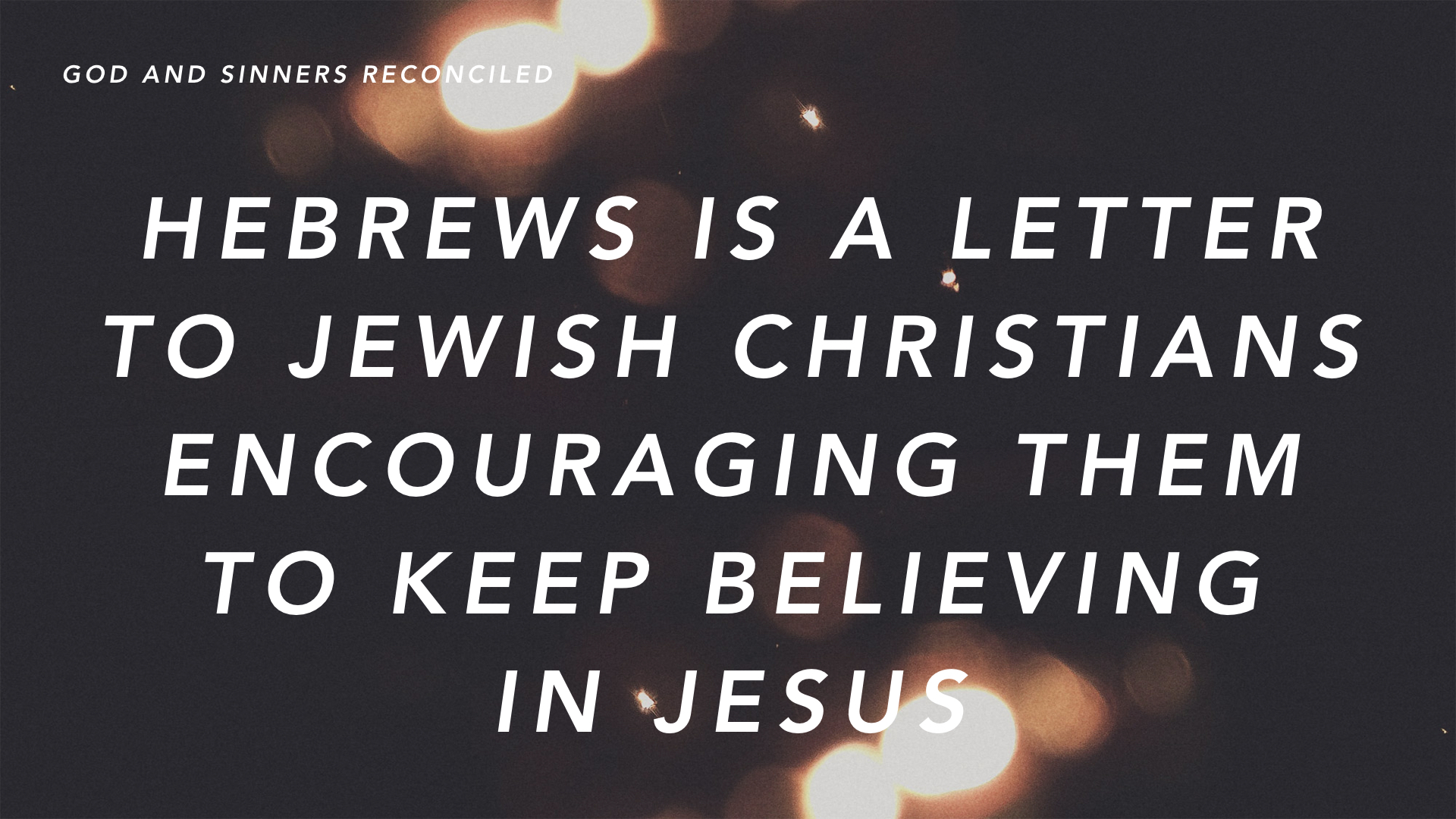
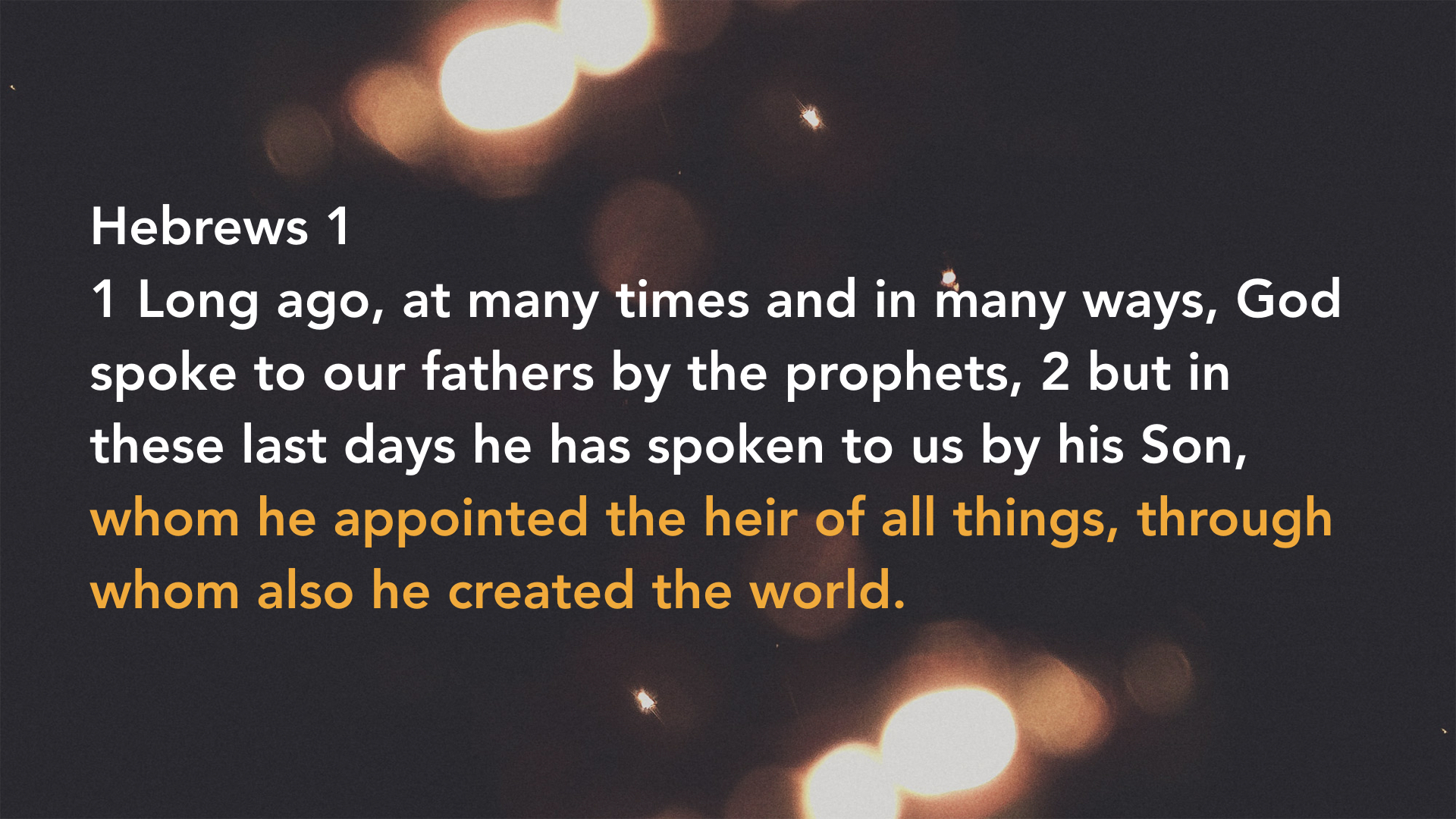
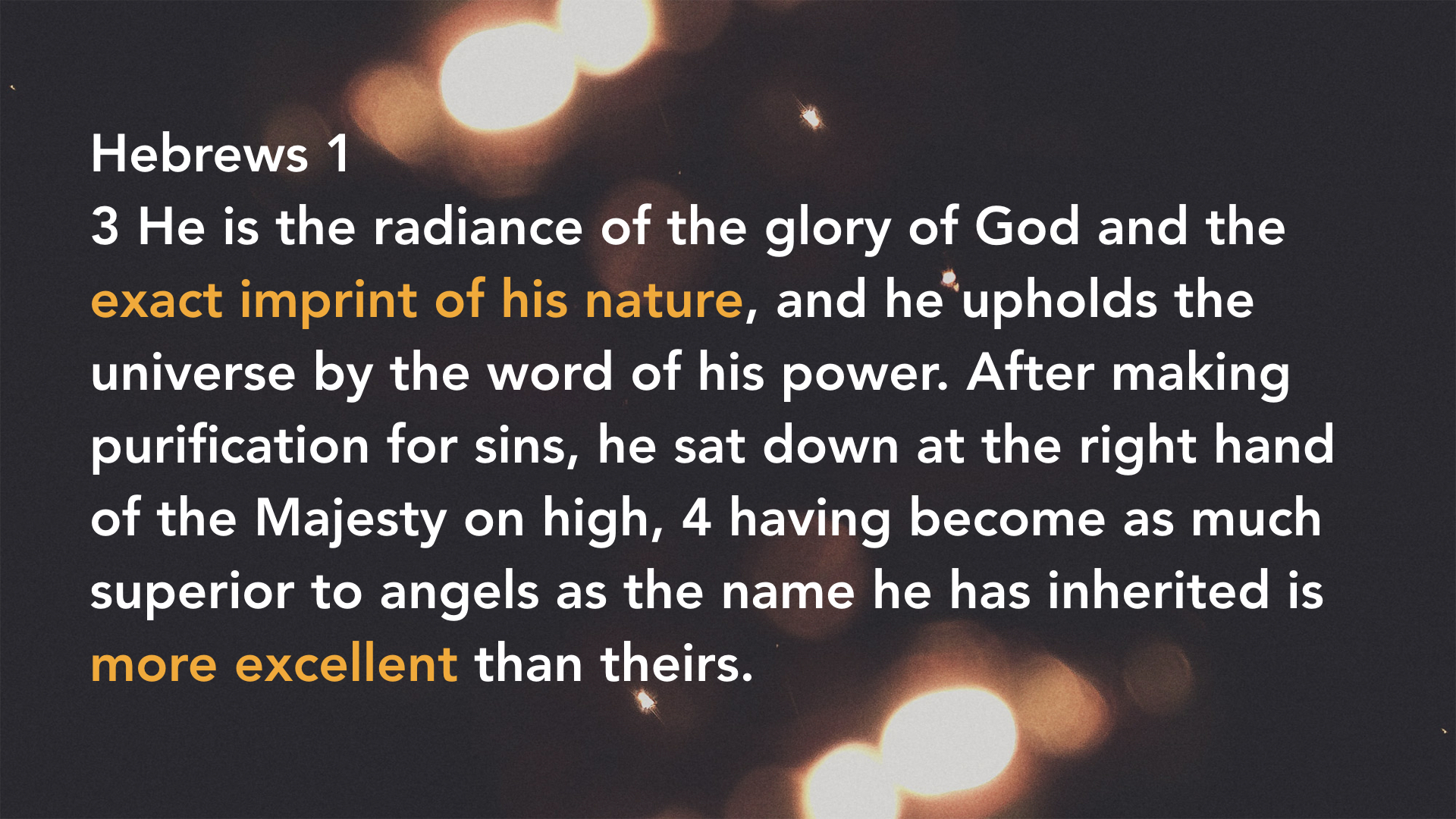

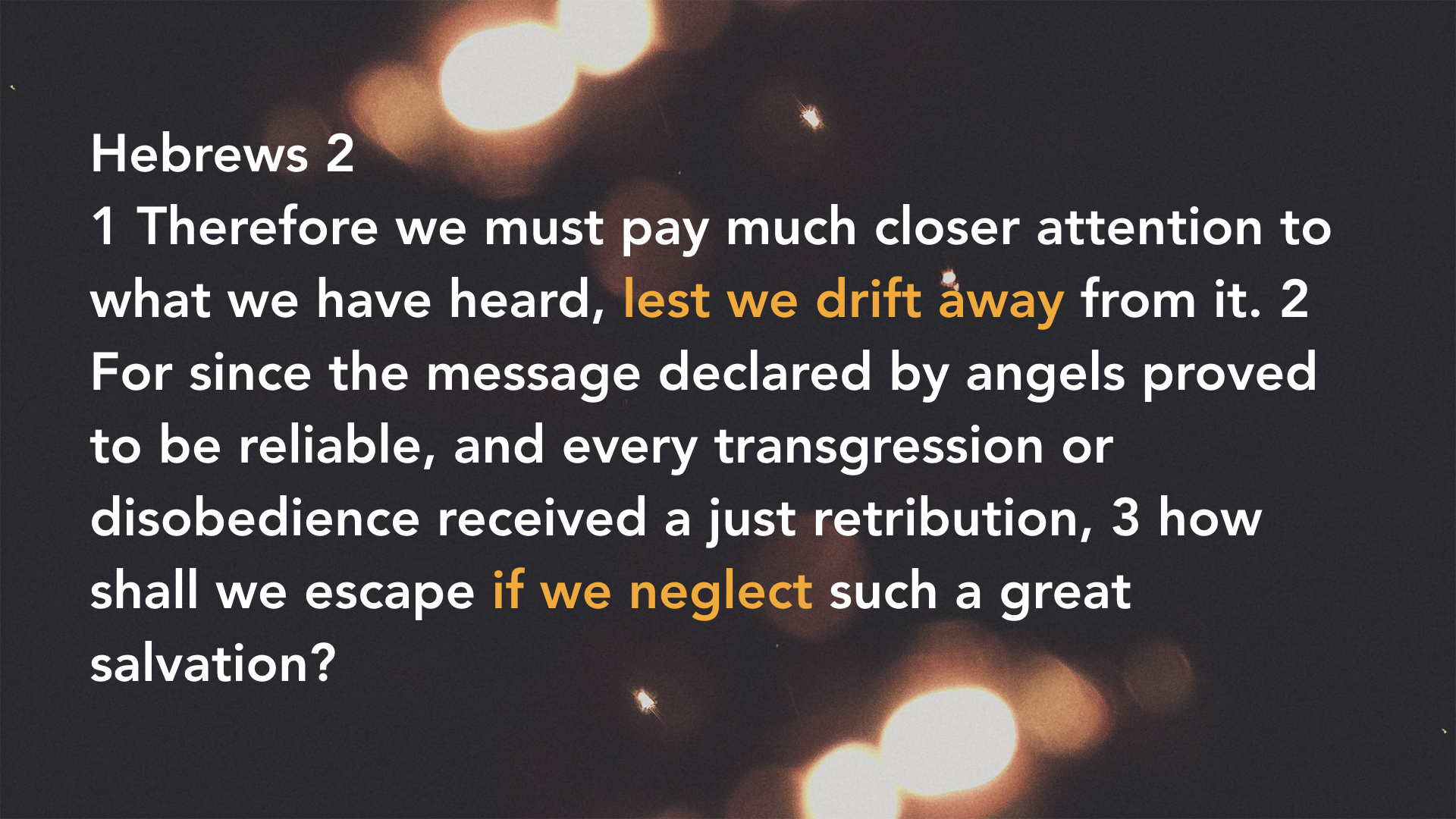
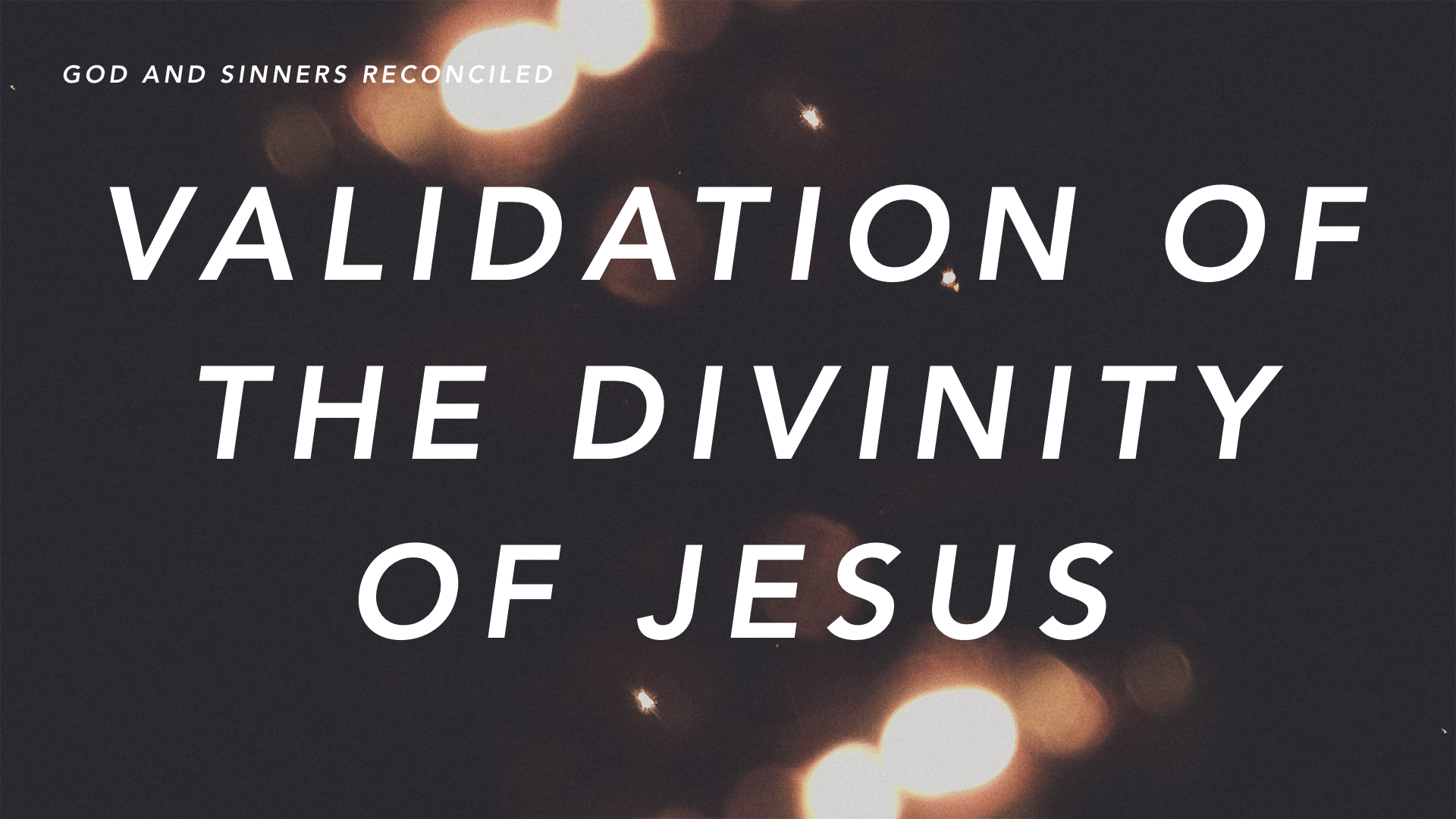
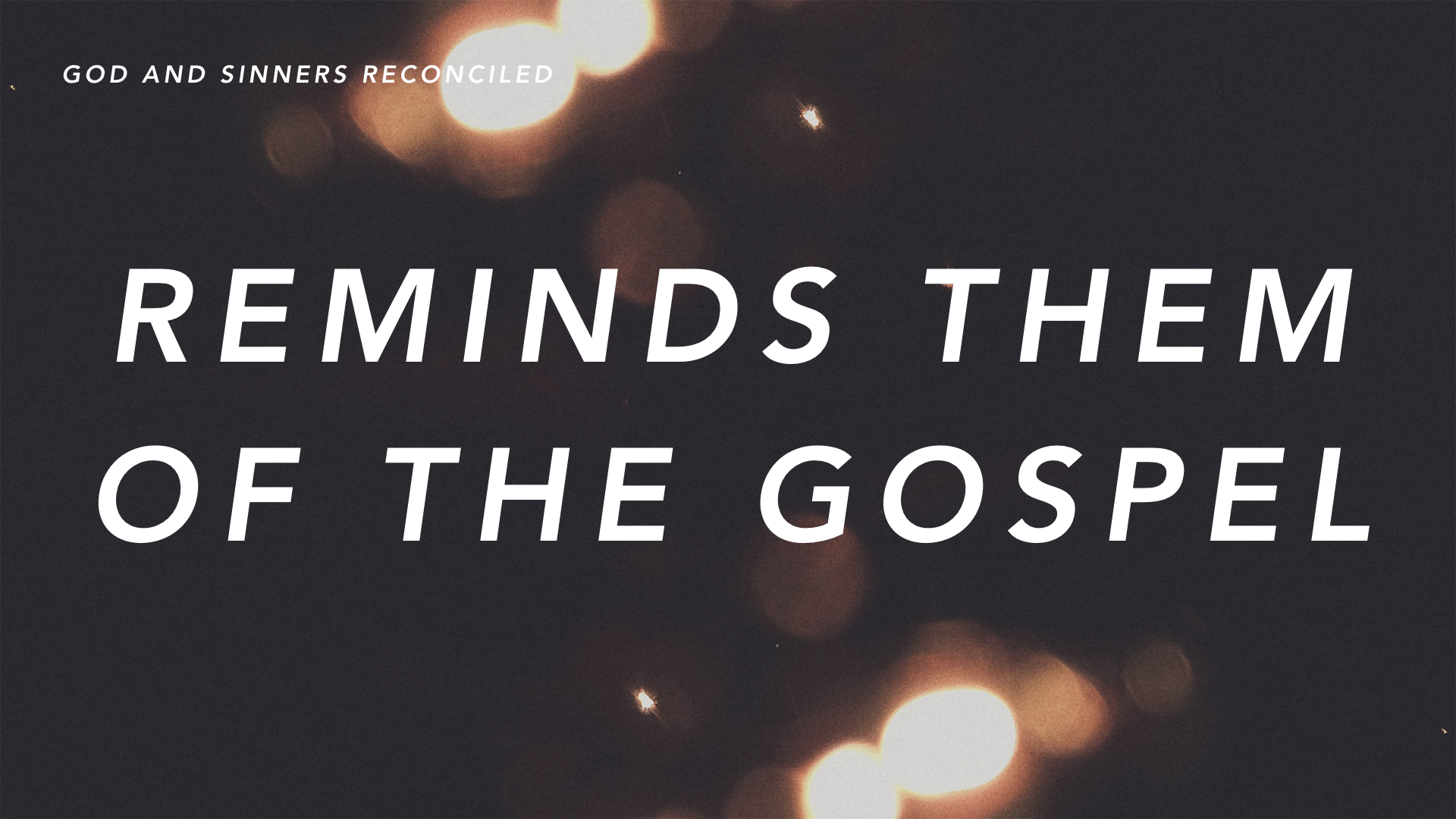
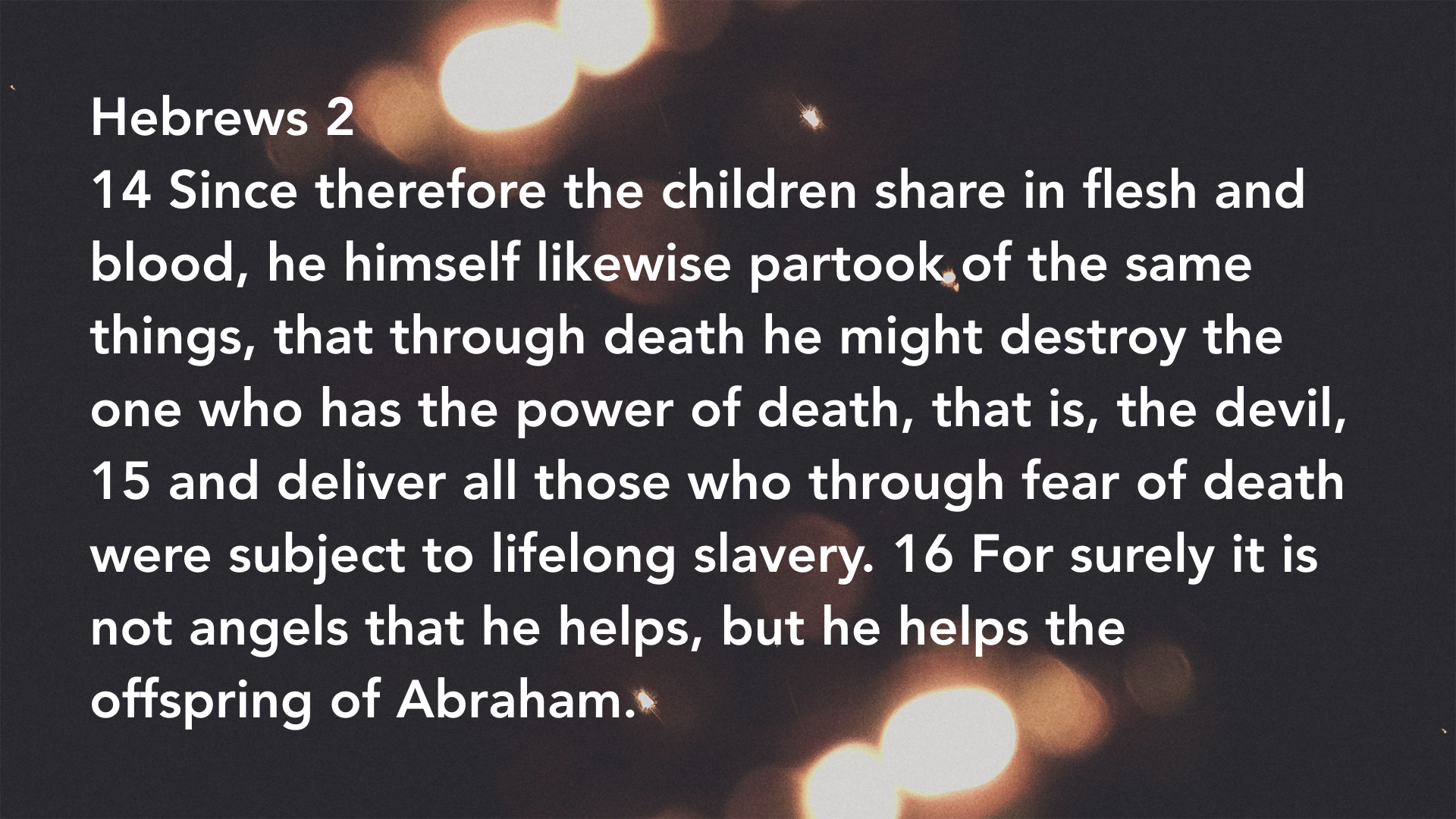
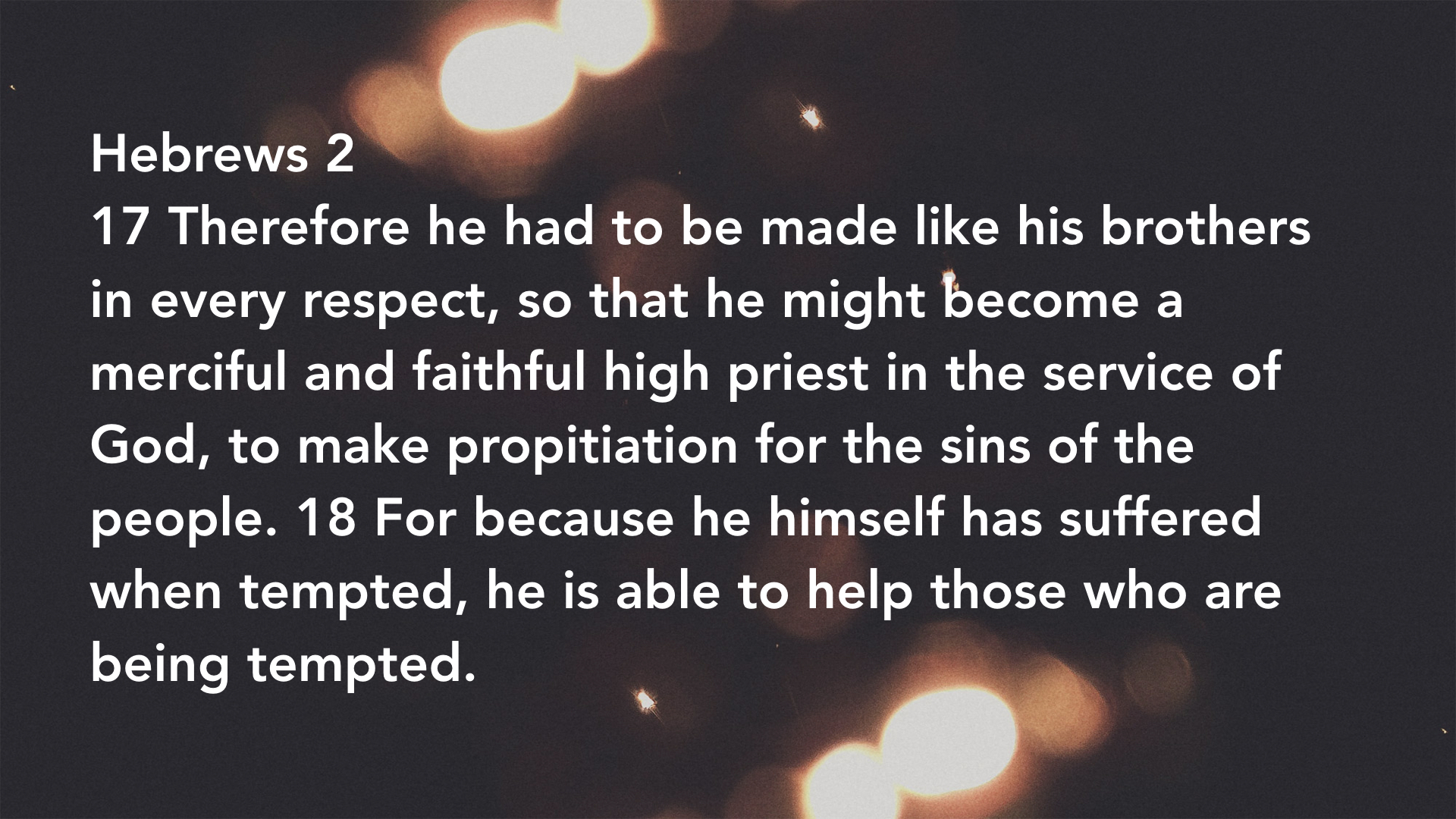
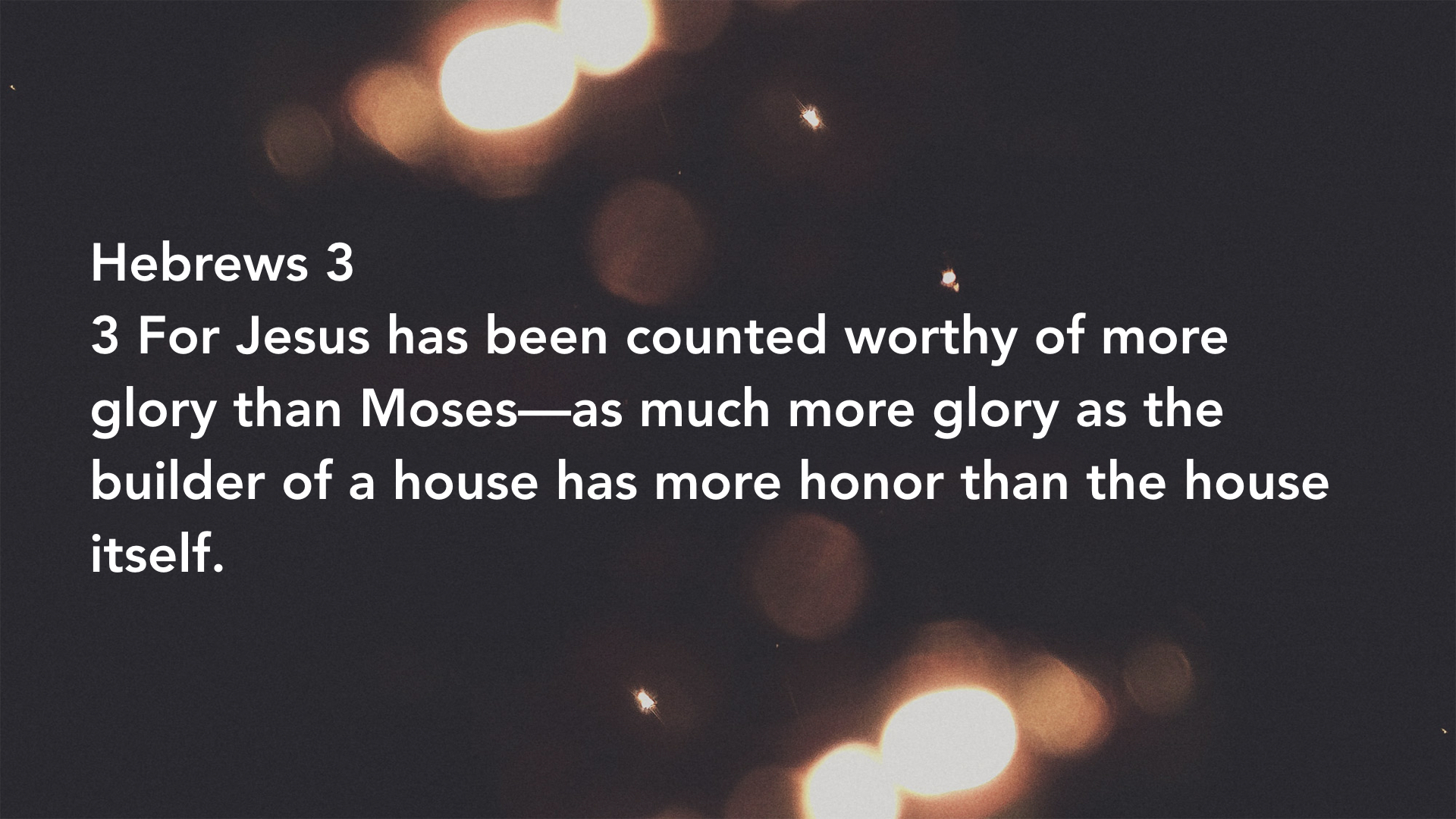
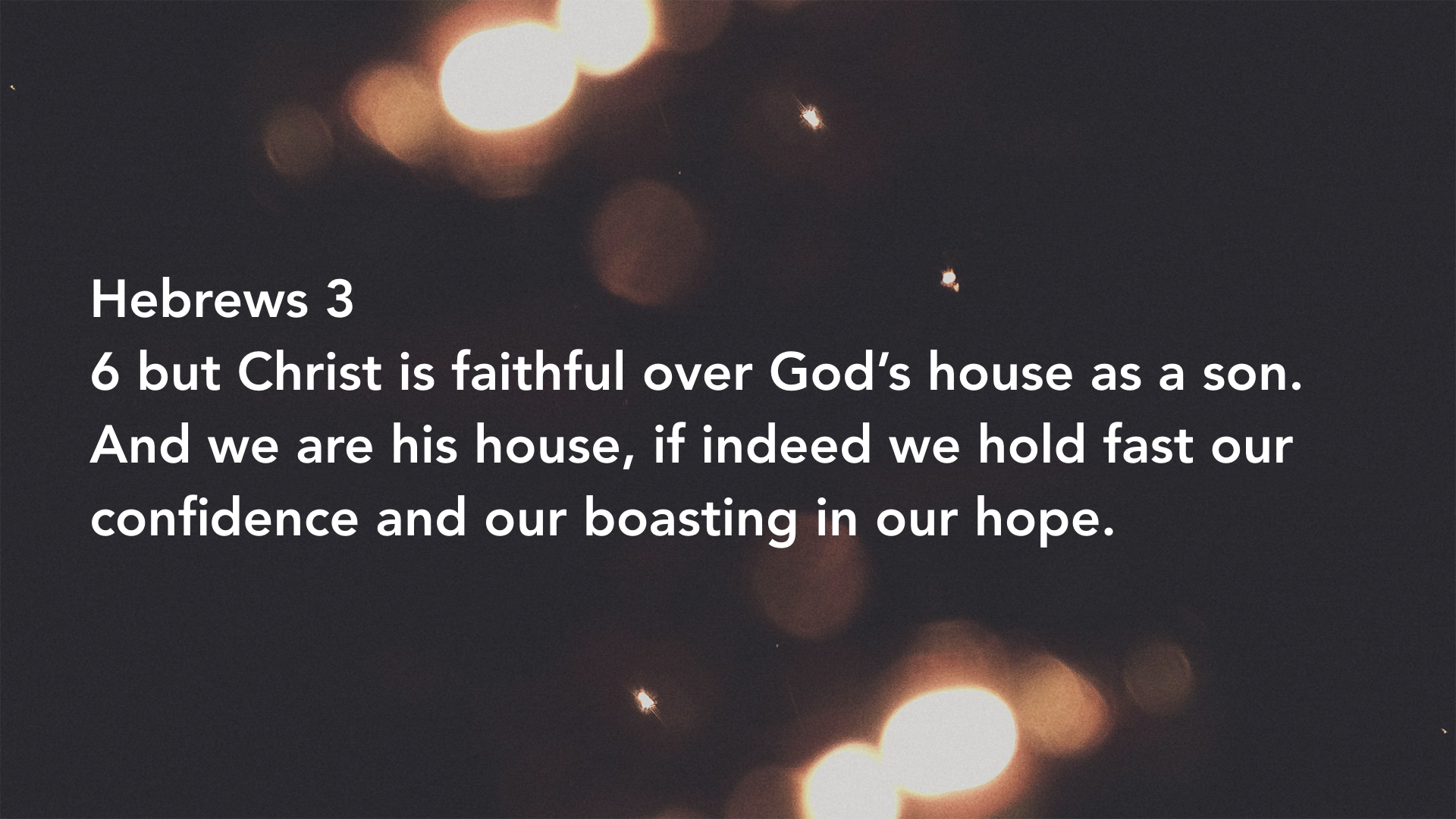
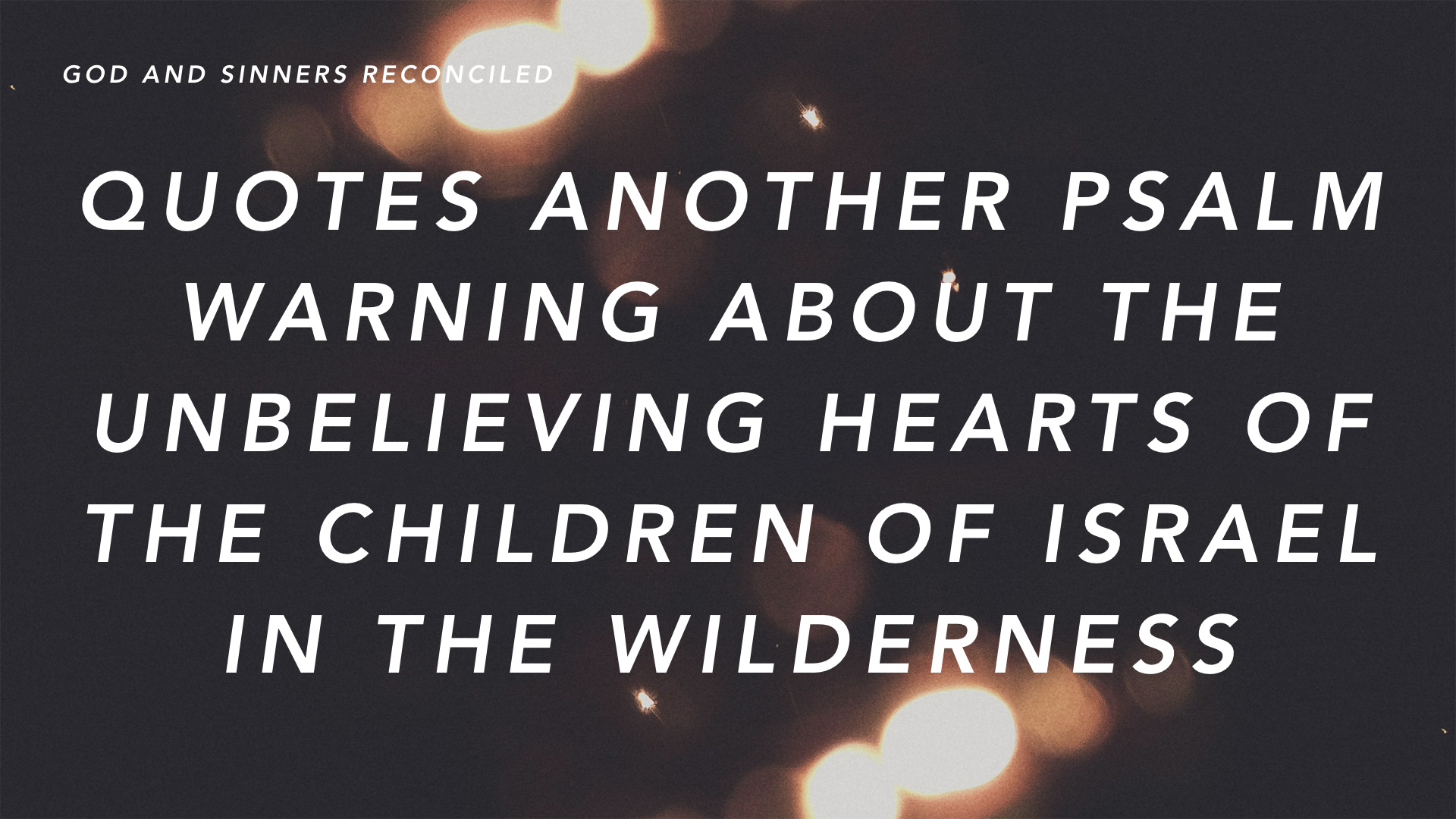
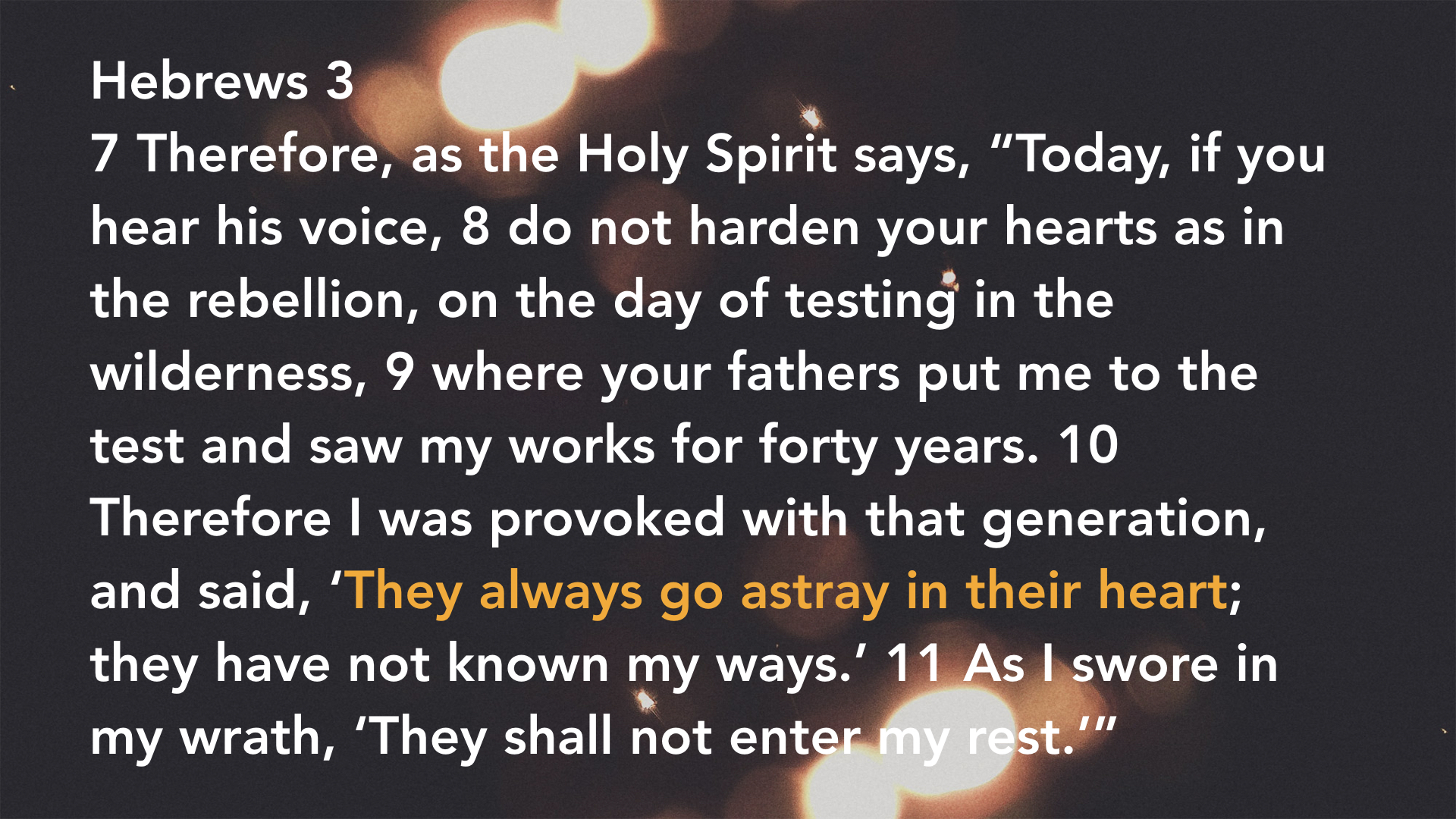
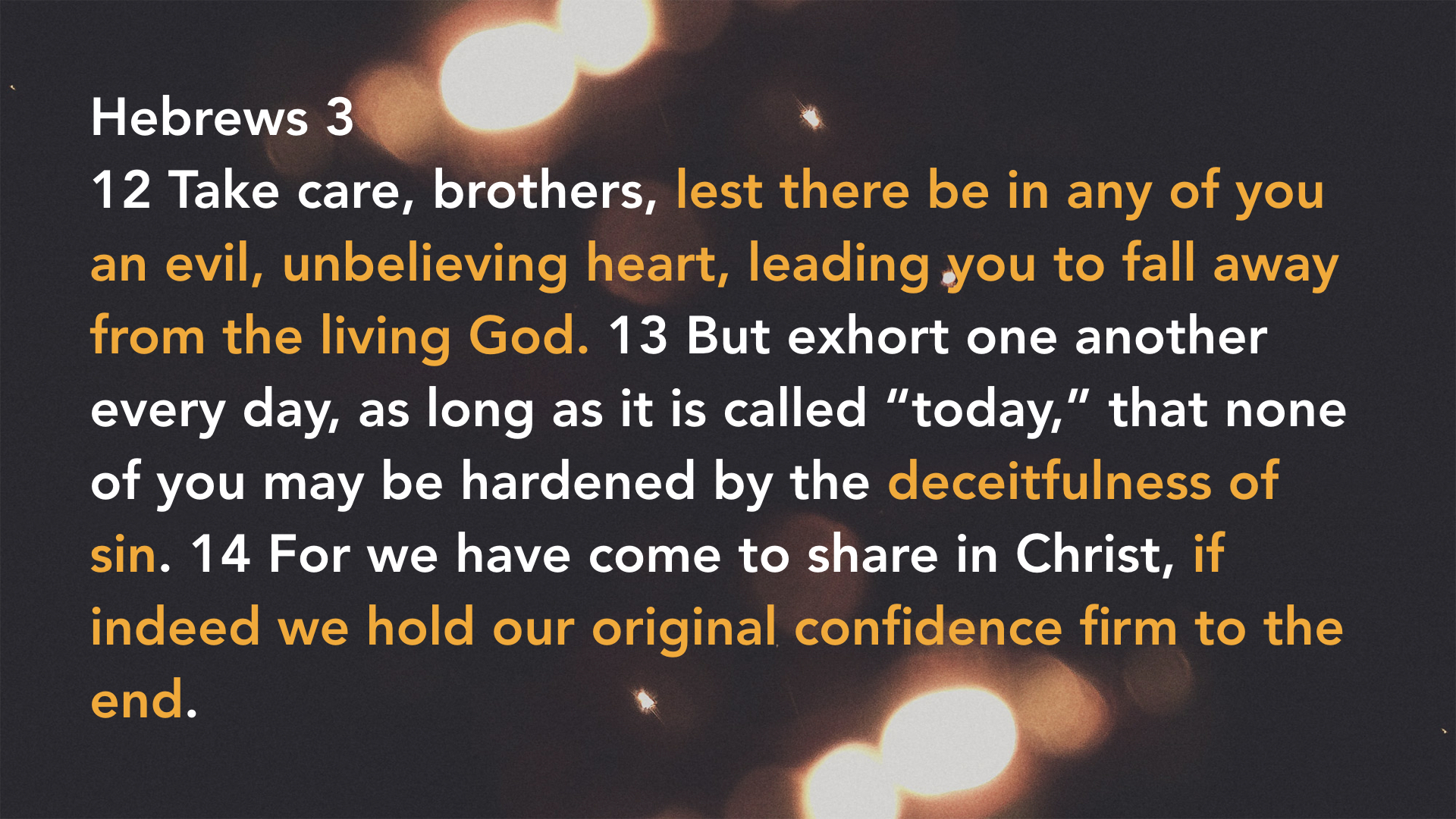
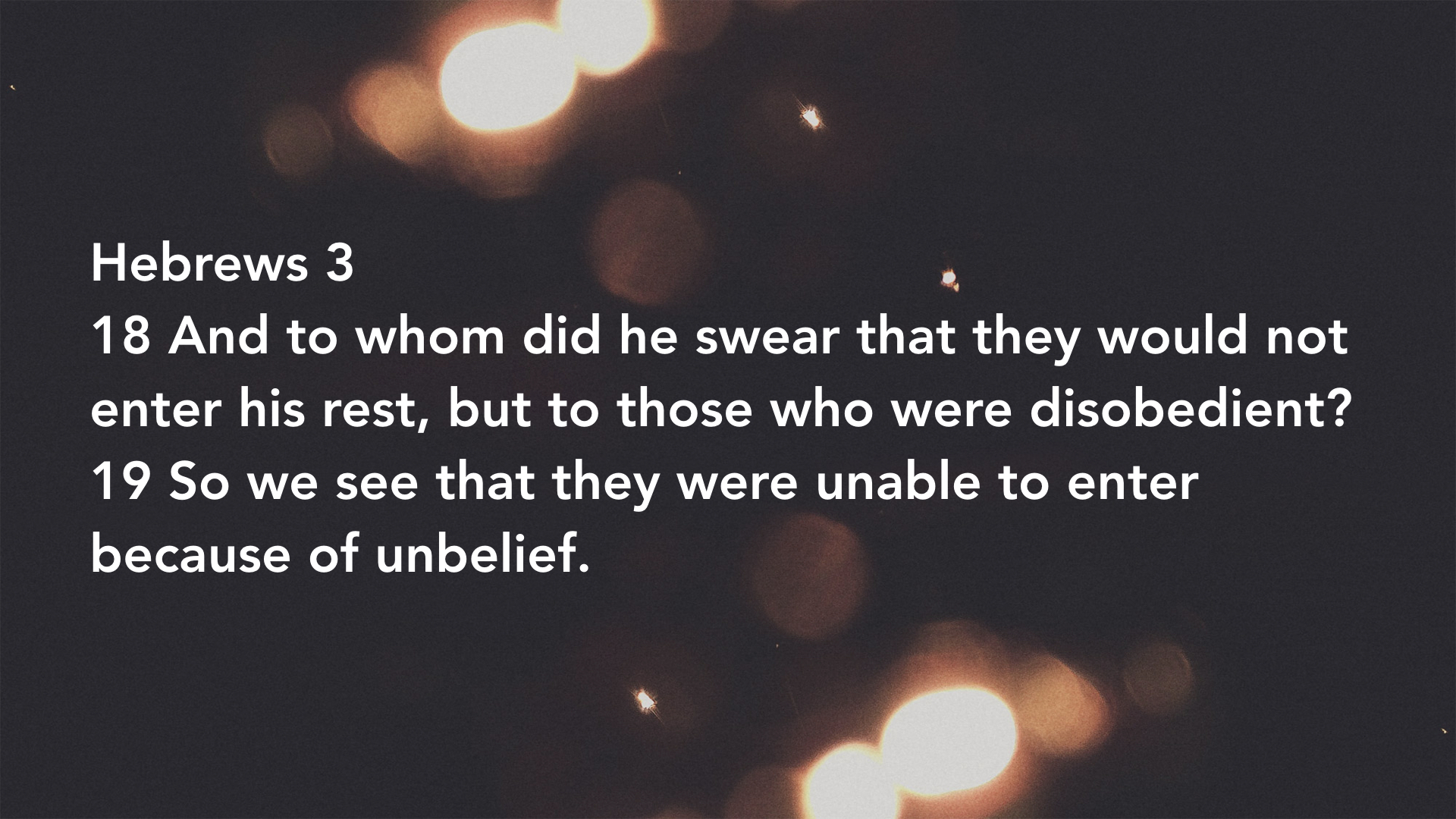
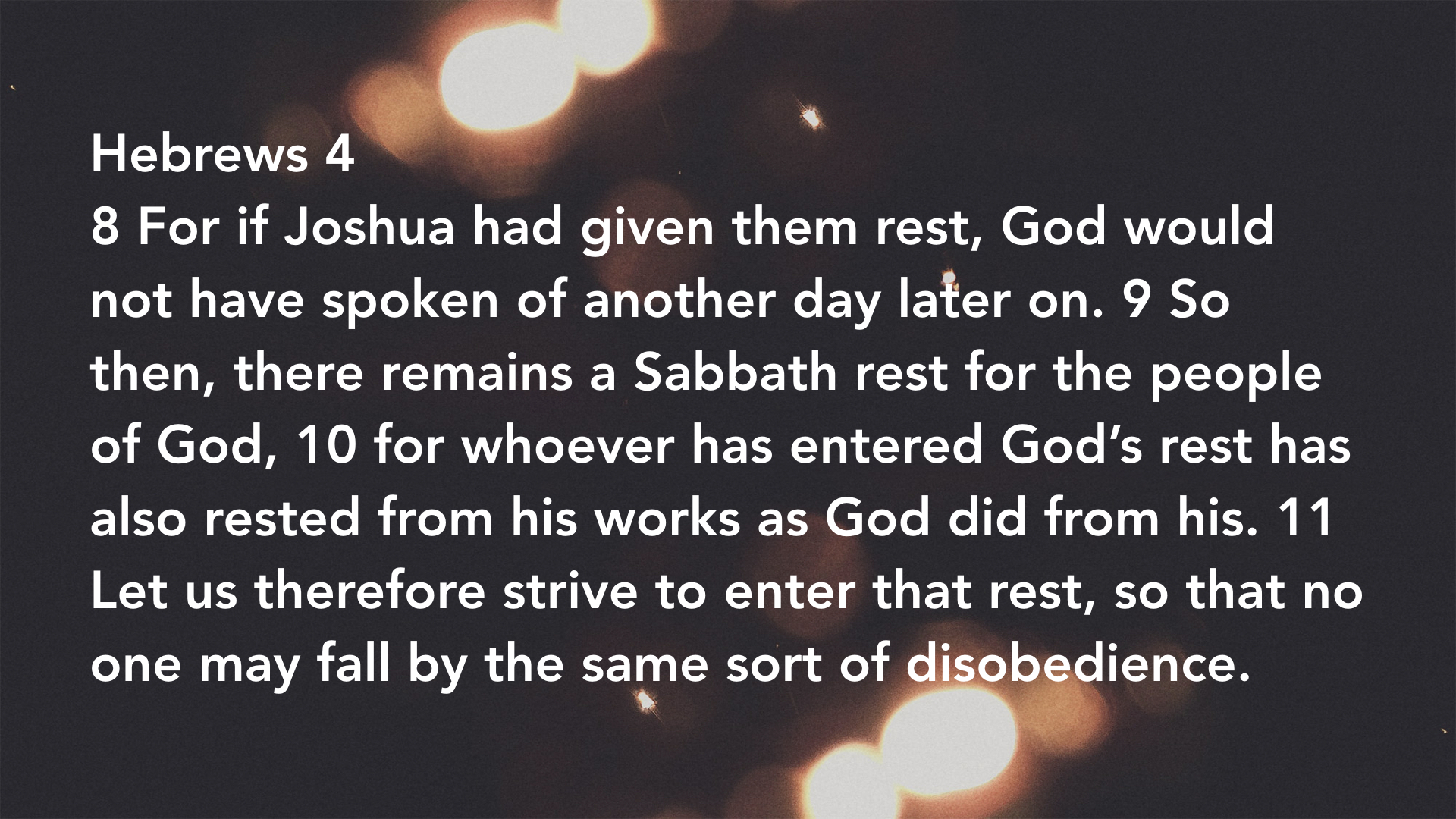
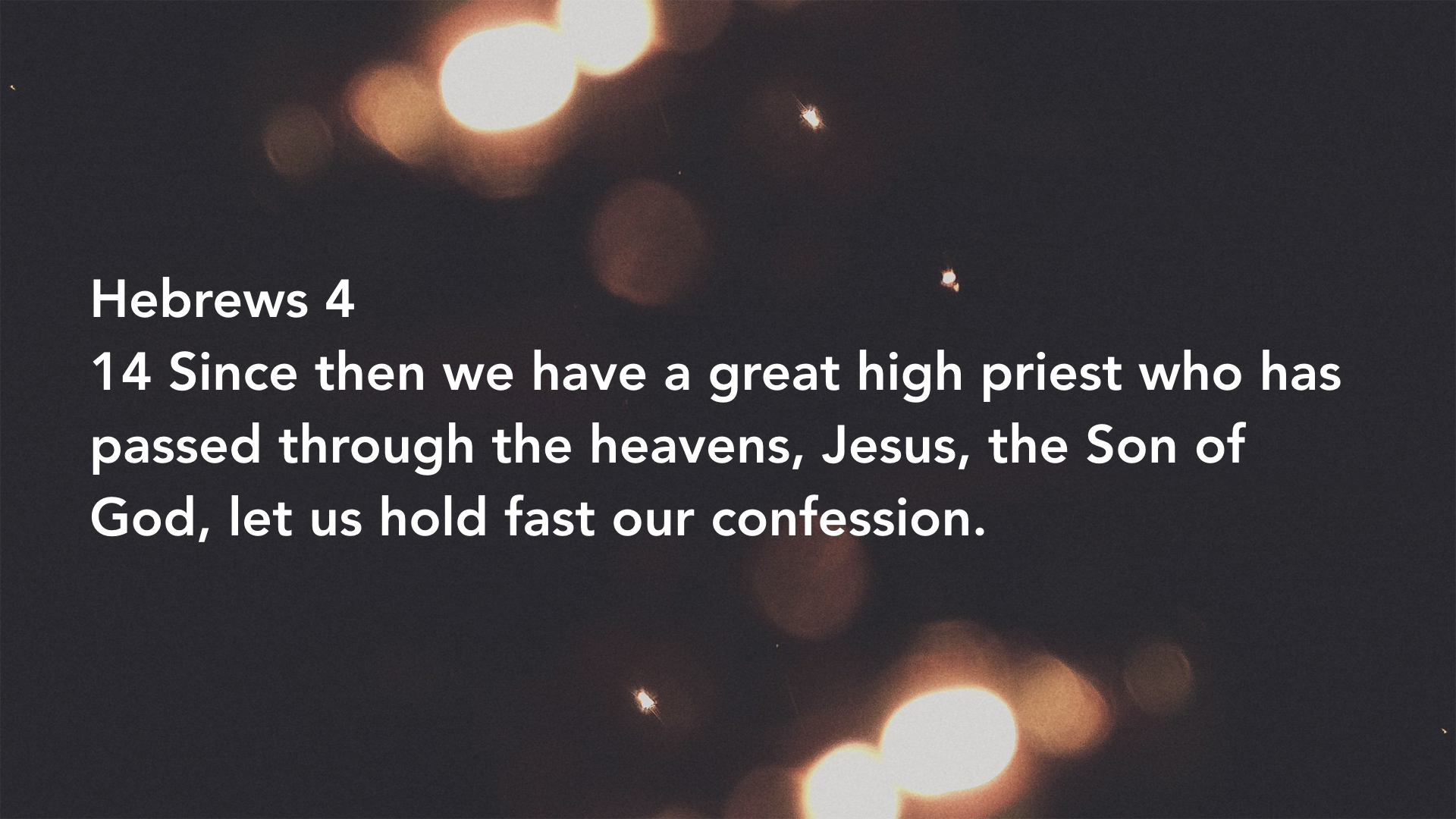
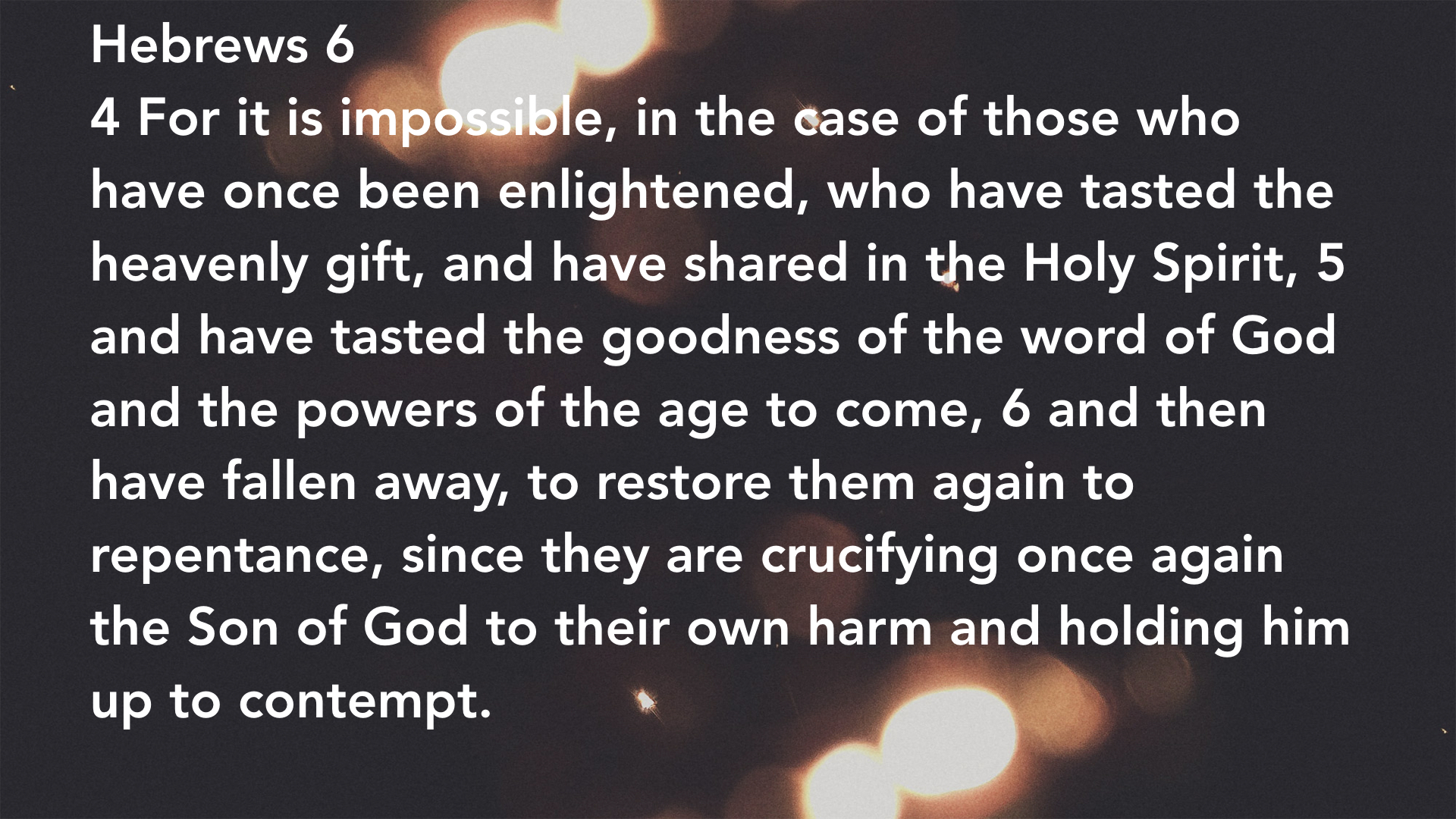
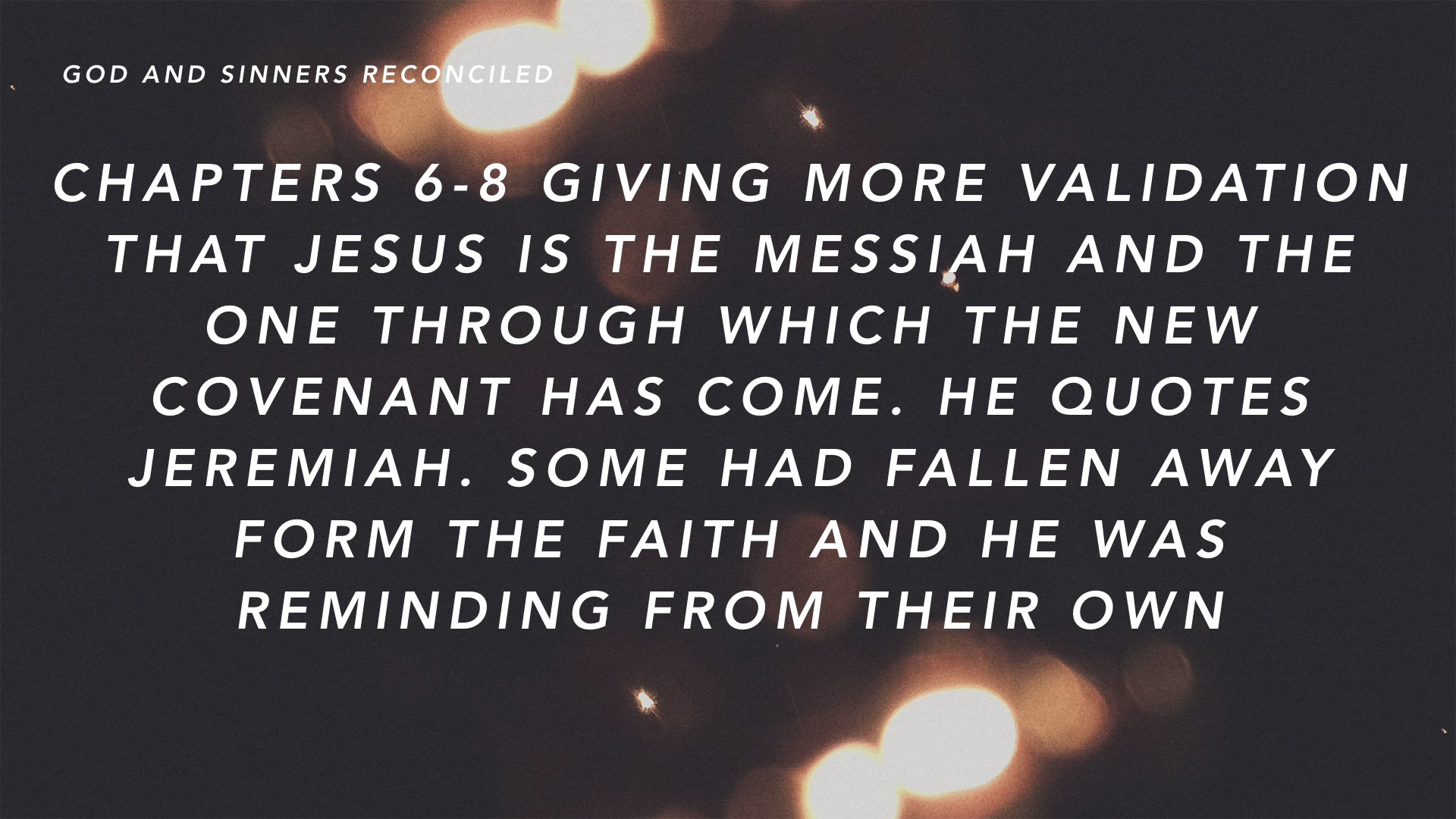
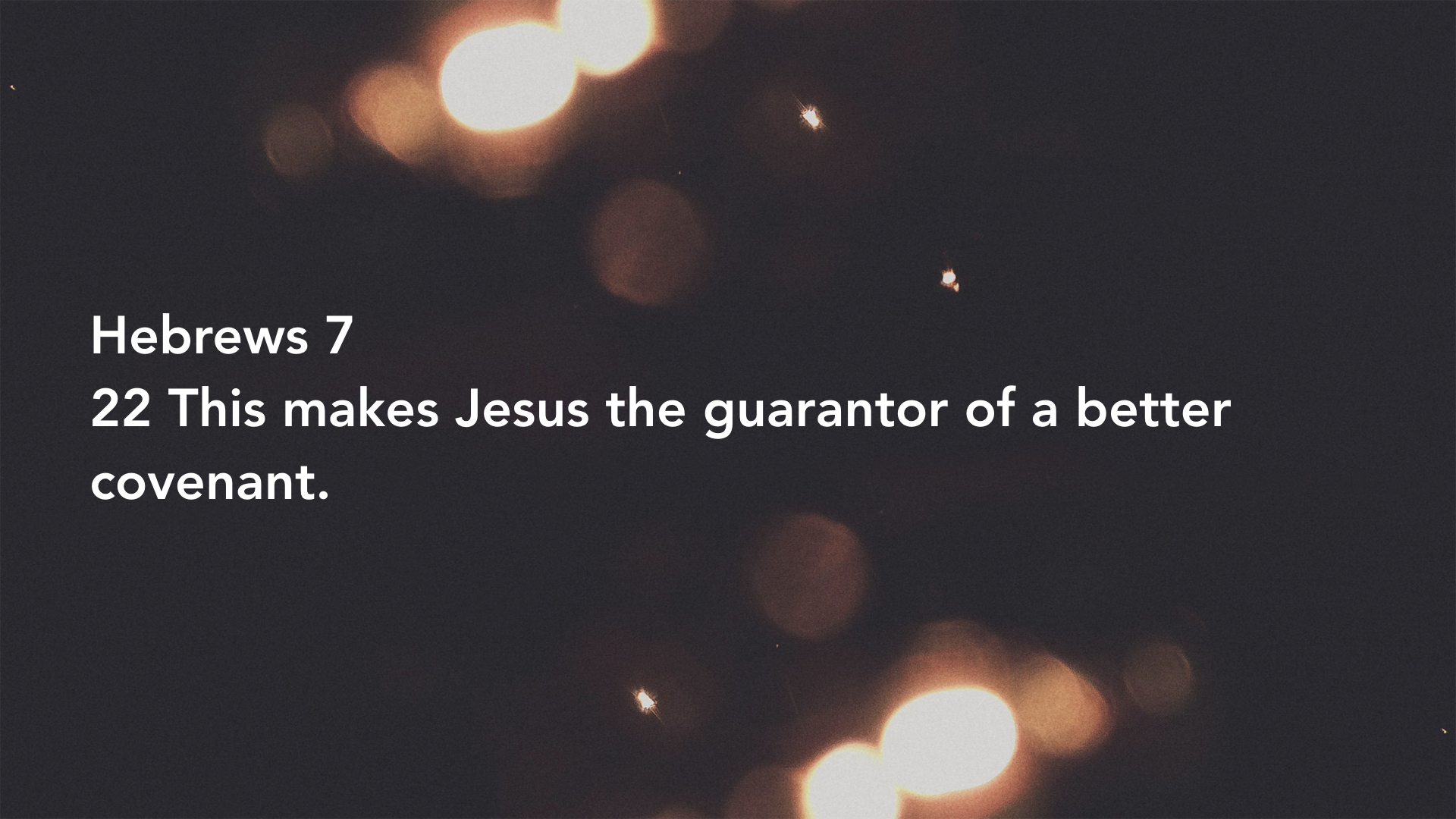
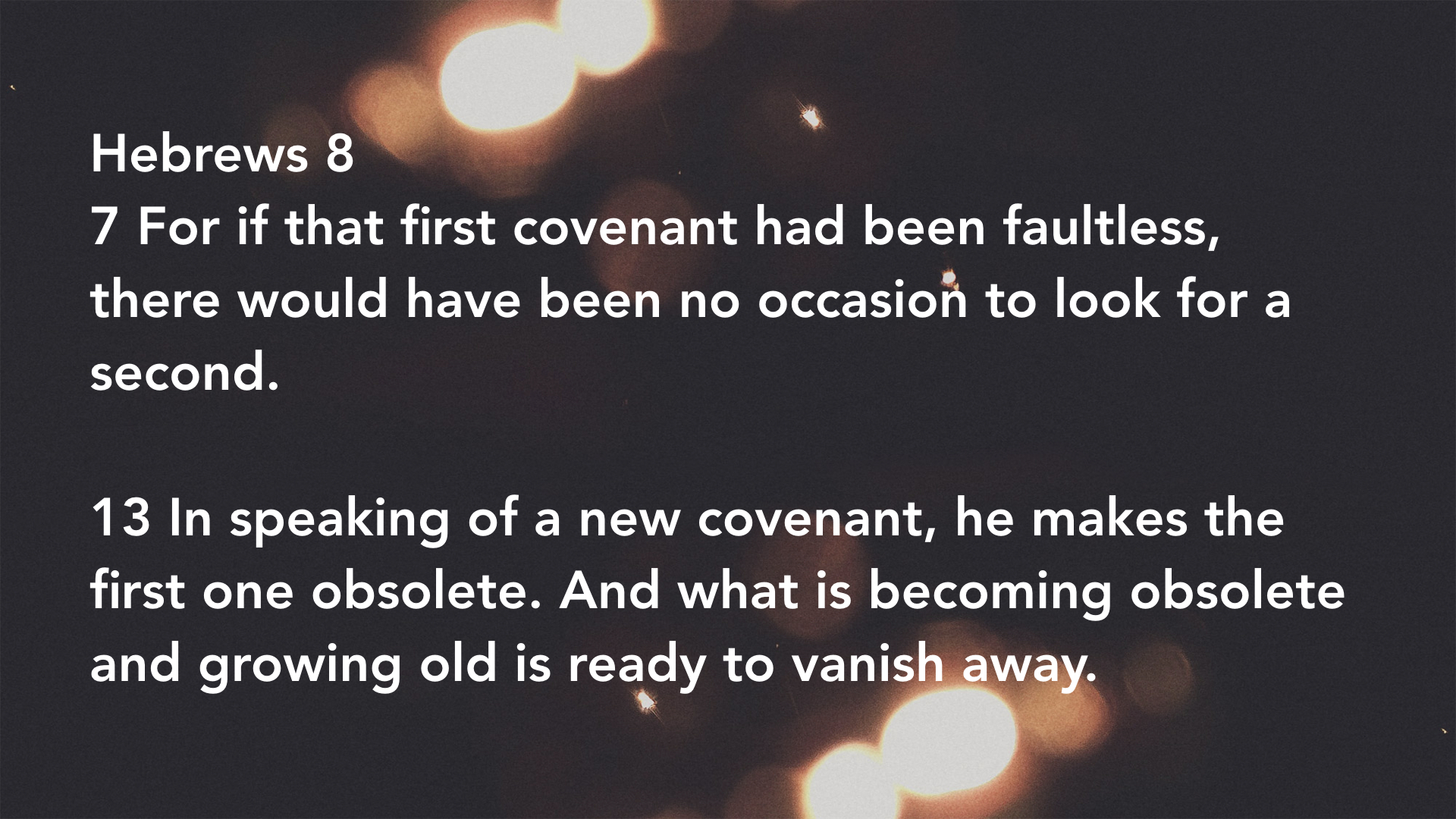
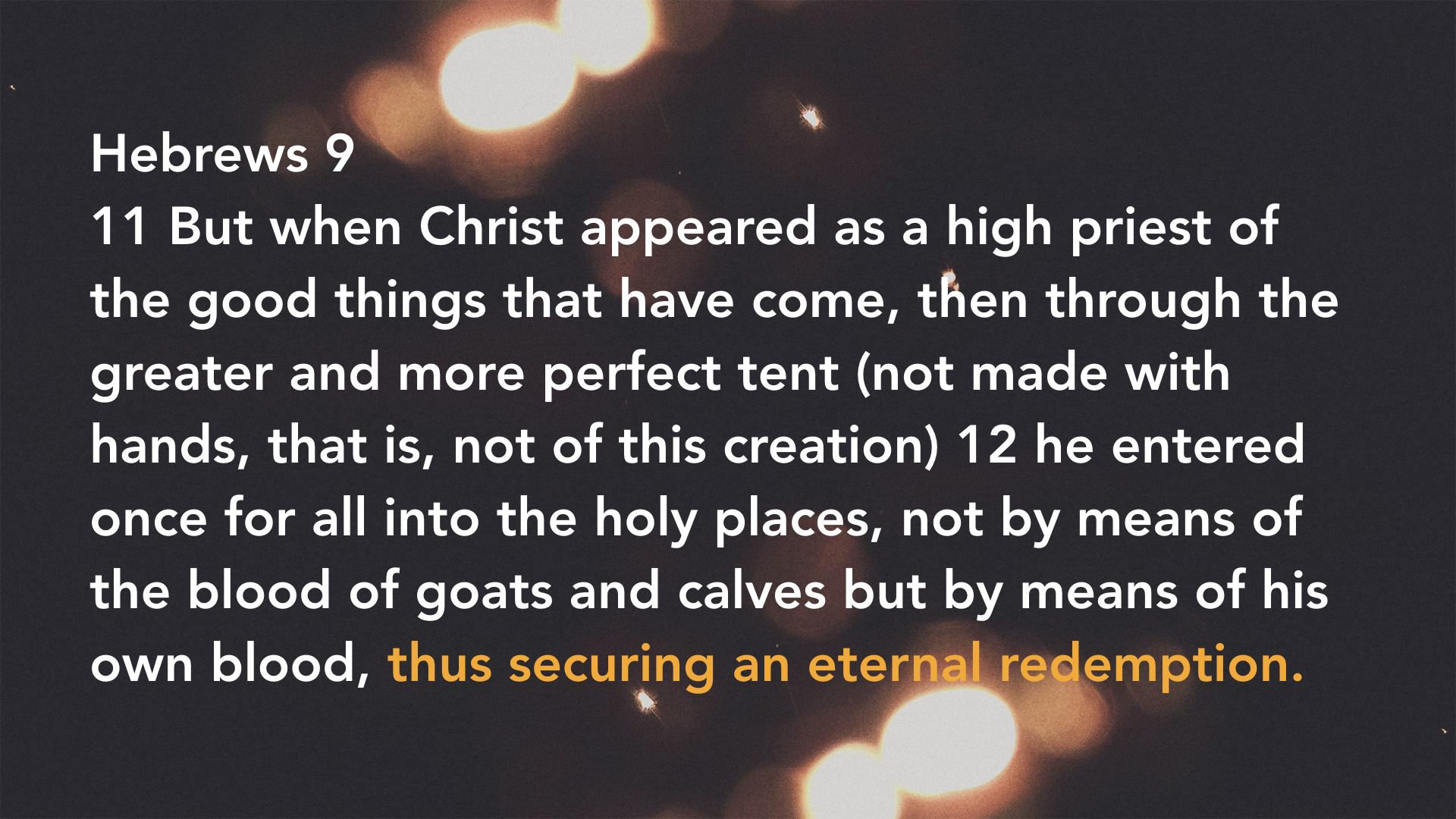
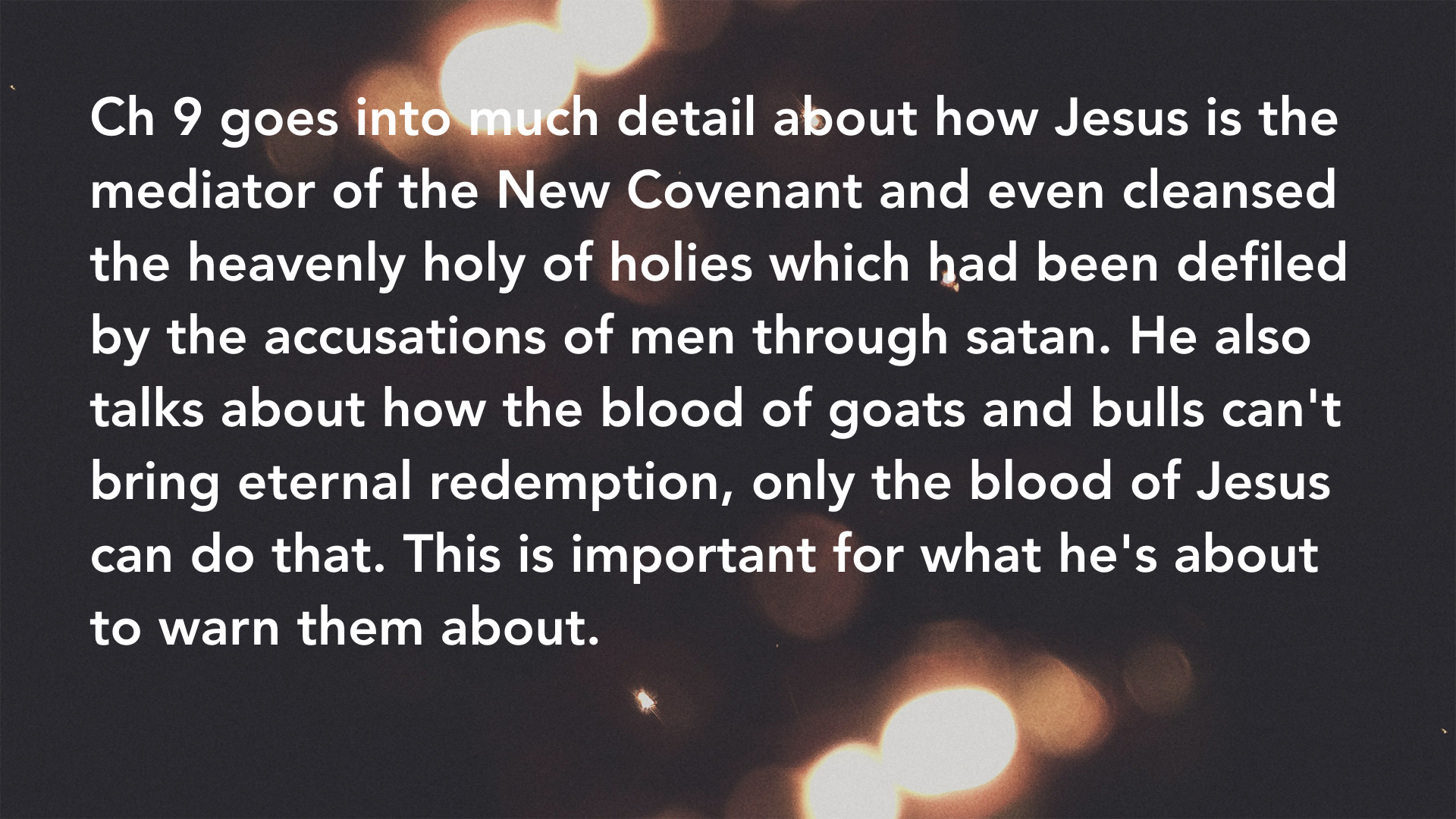
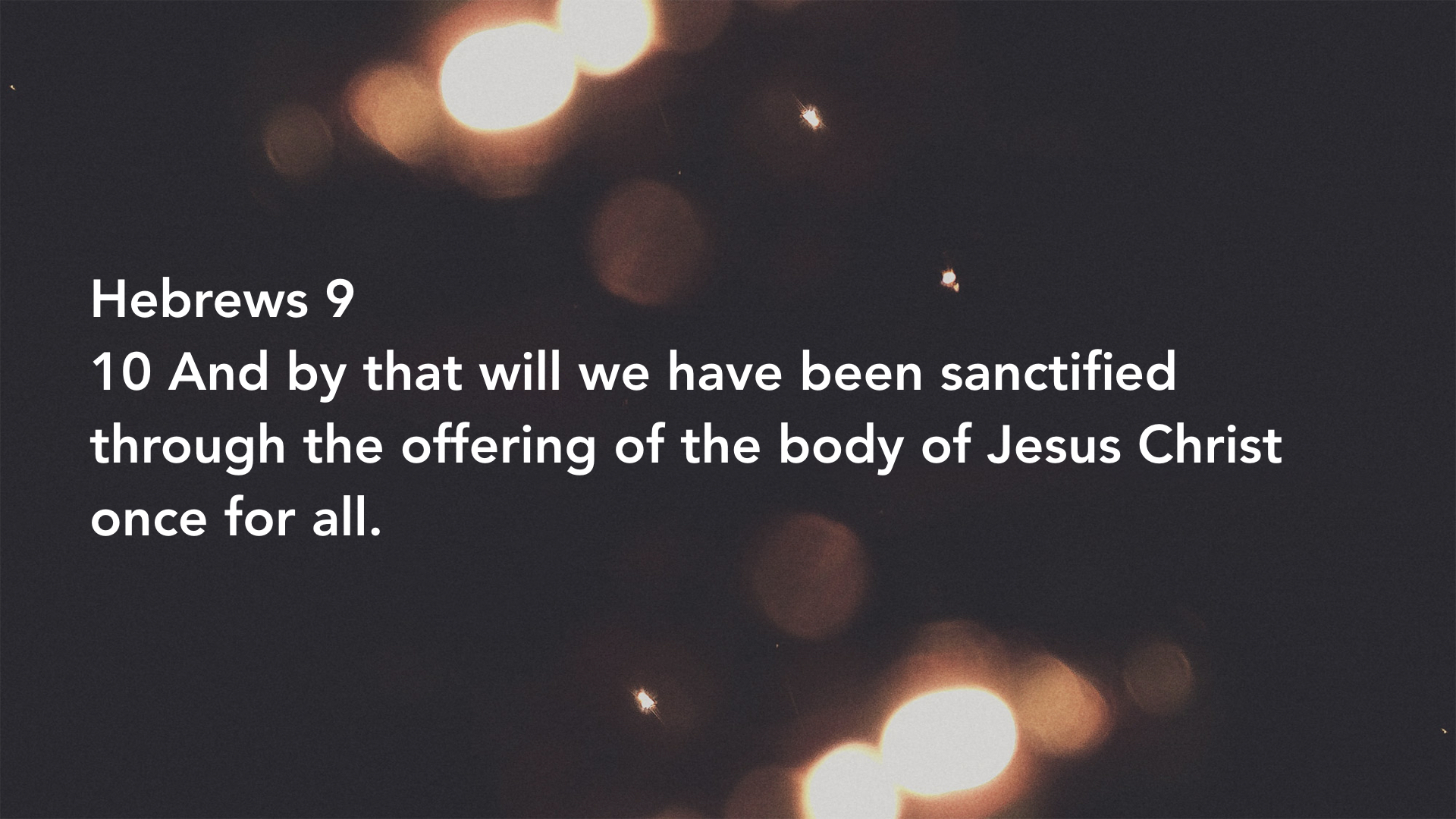
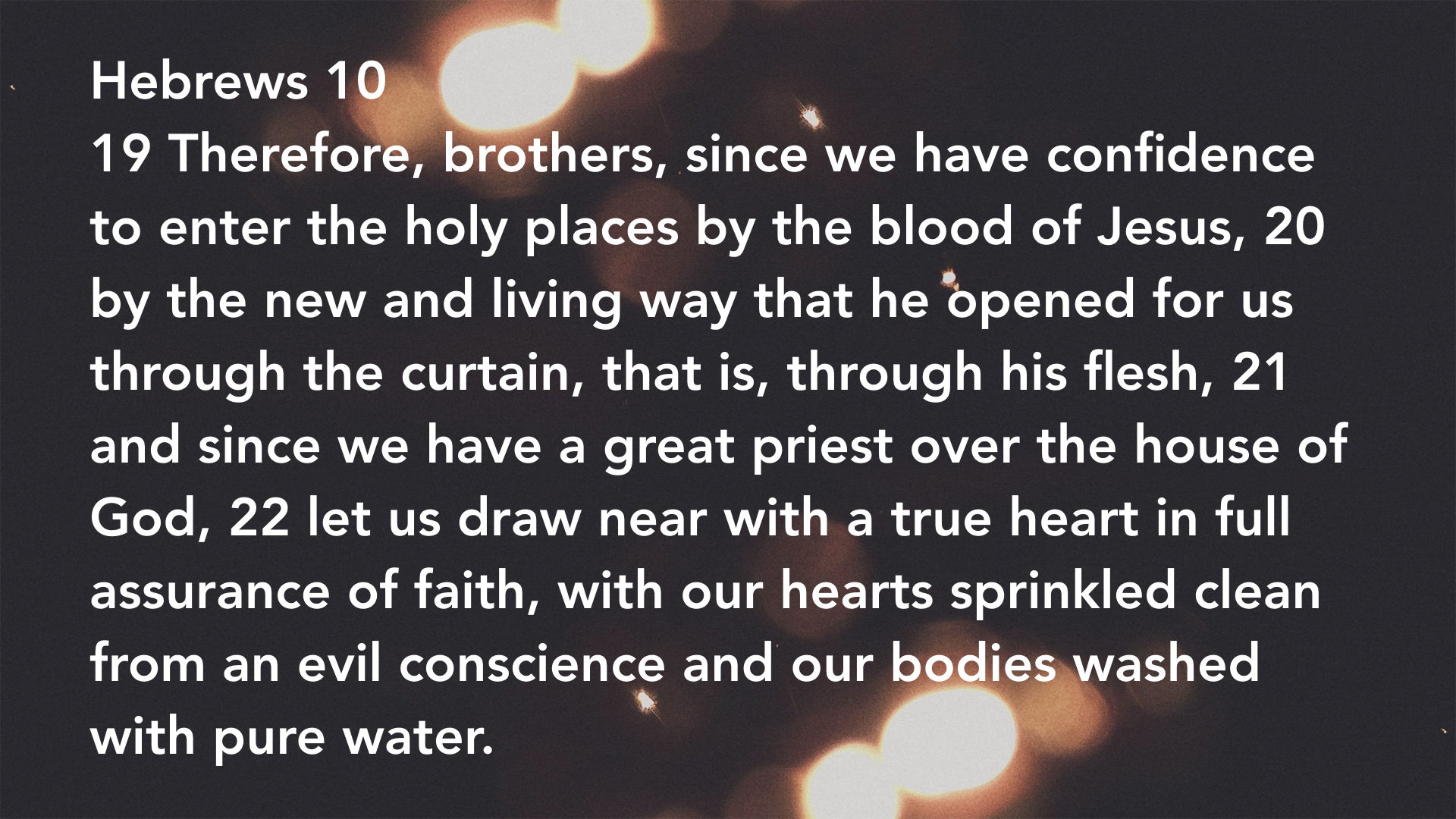
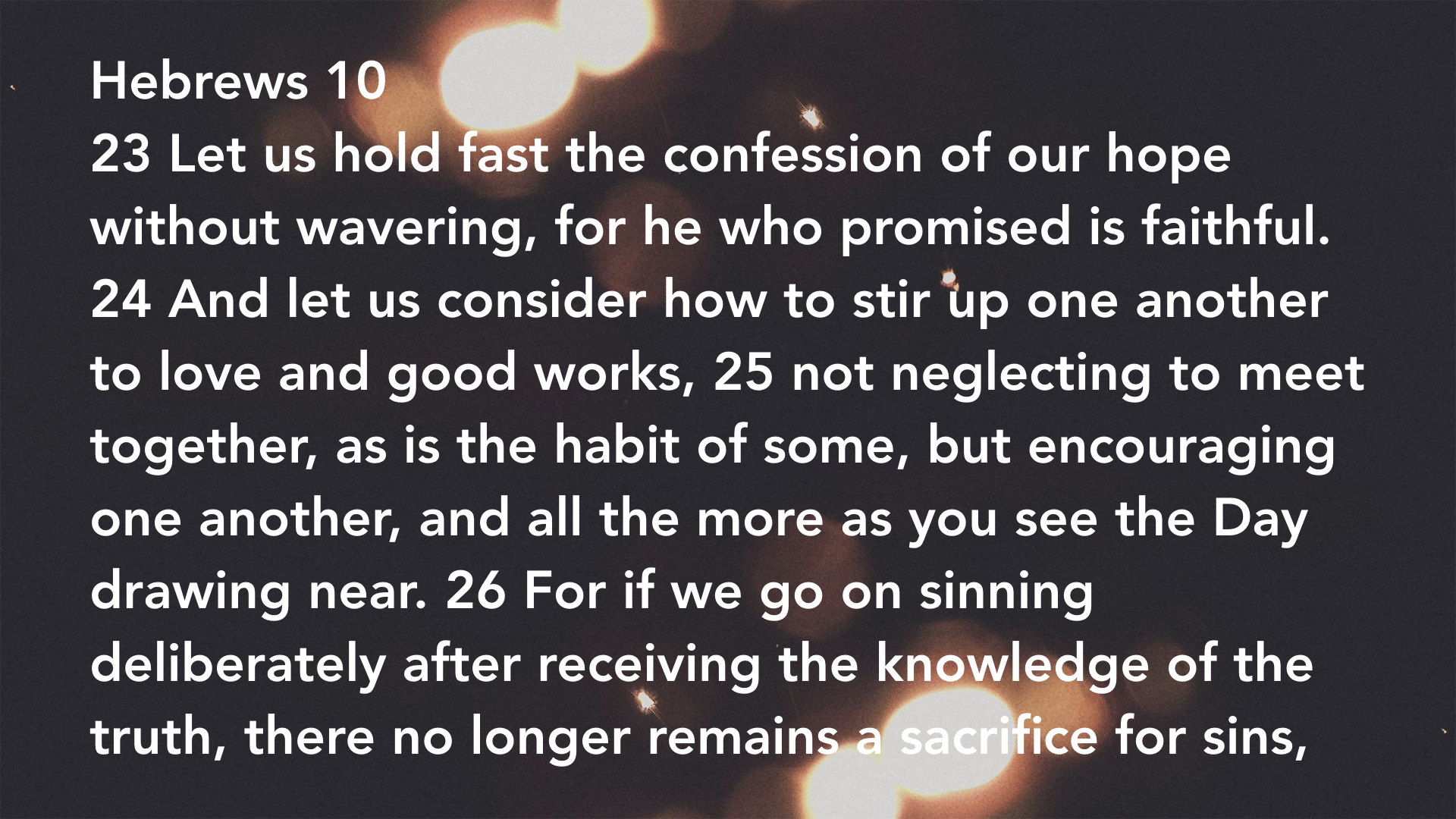
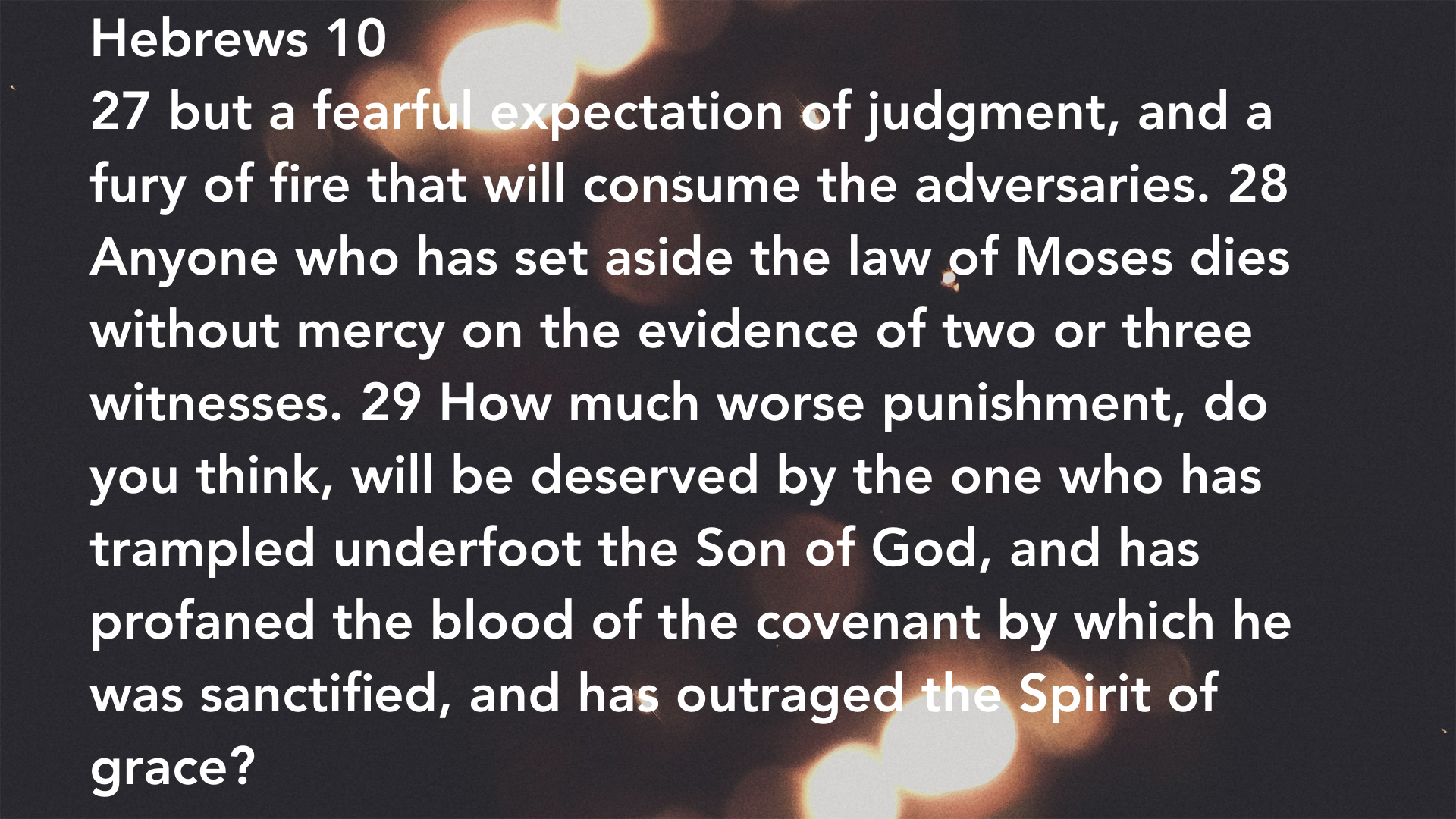
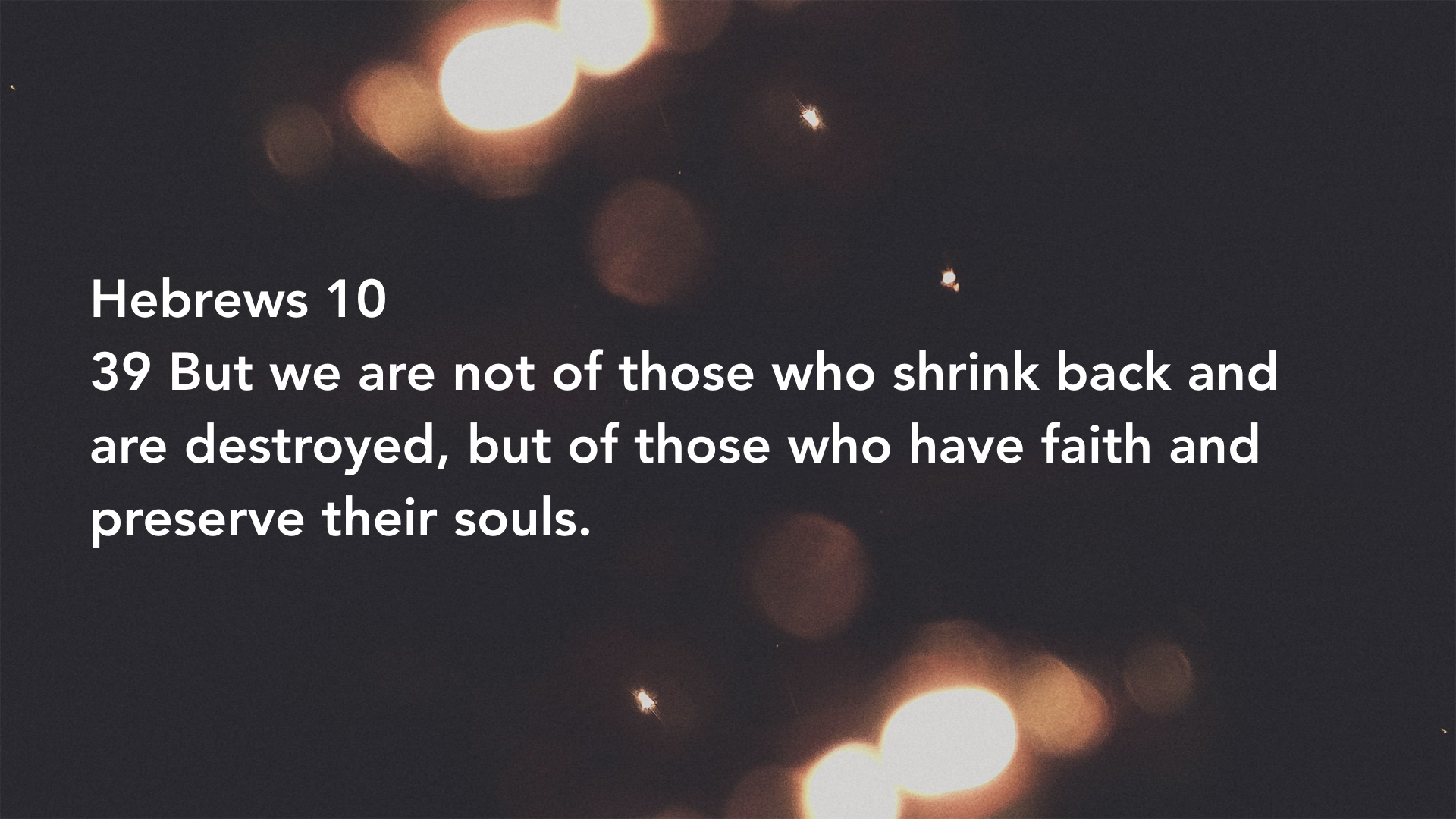
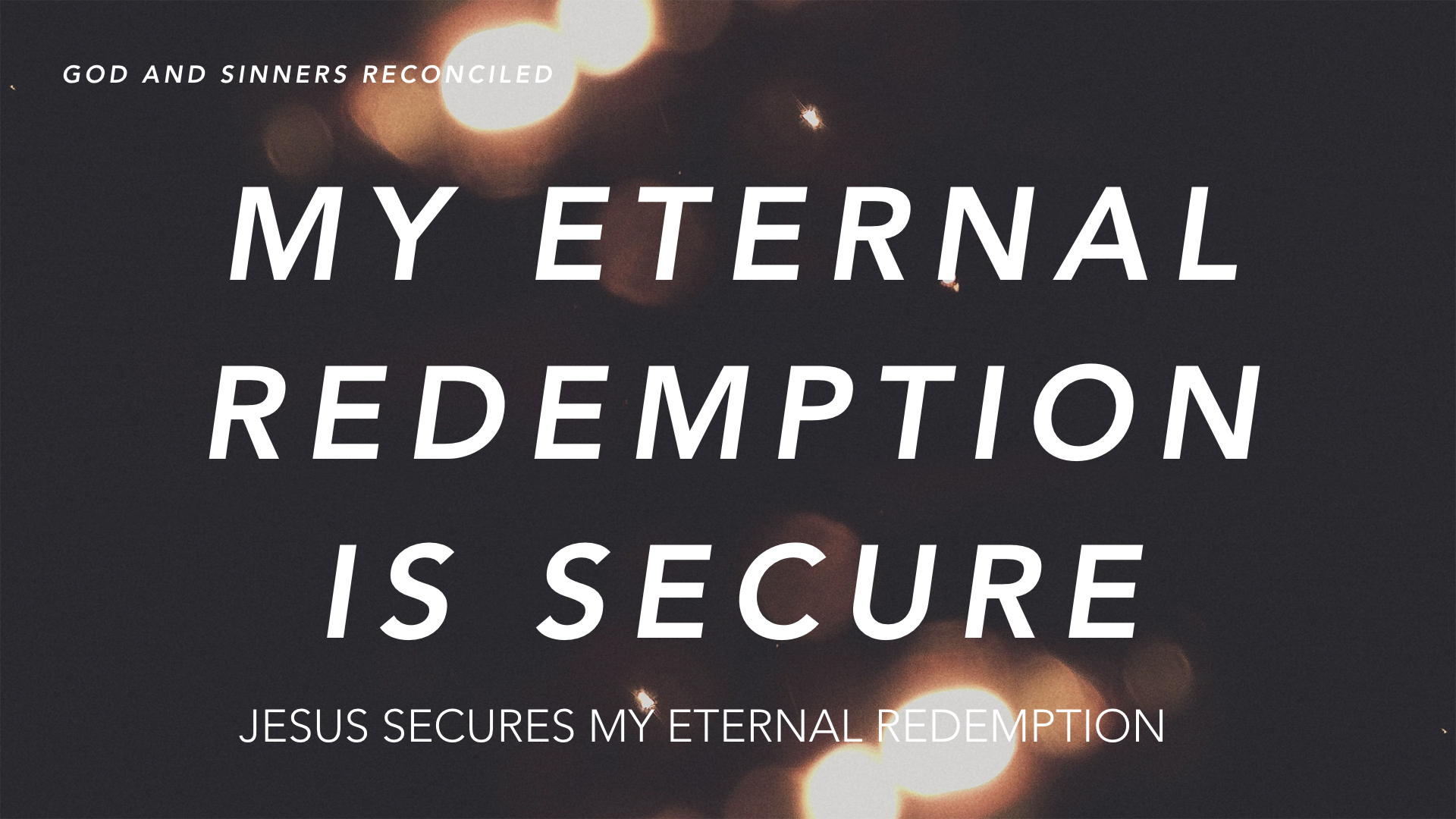
Browse my slides from this sermon
CONCLUSION
So, should we continue in sin since we can't lose our salvation through sinful actions? Nope, that's not a good idea. Don't sin!!! But if you do, remember that Jesus is your sacrifice for sin, turn your heart toward God in that area, allow his forgiveness to cleanse your soul from those evil desires and keep the faith!!


